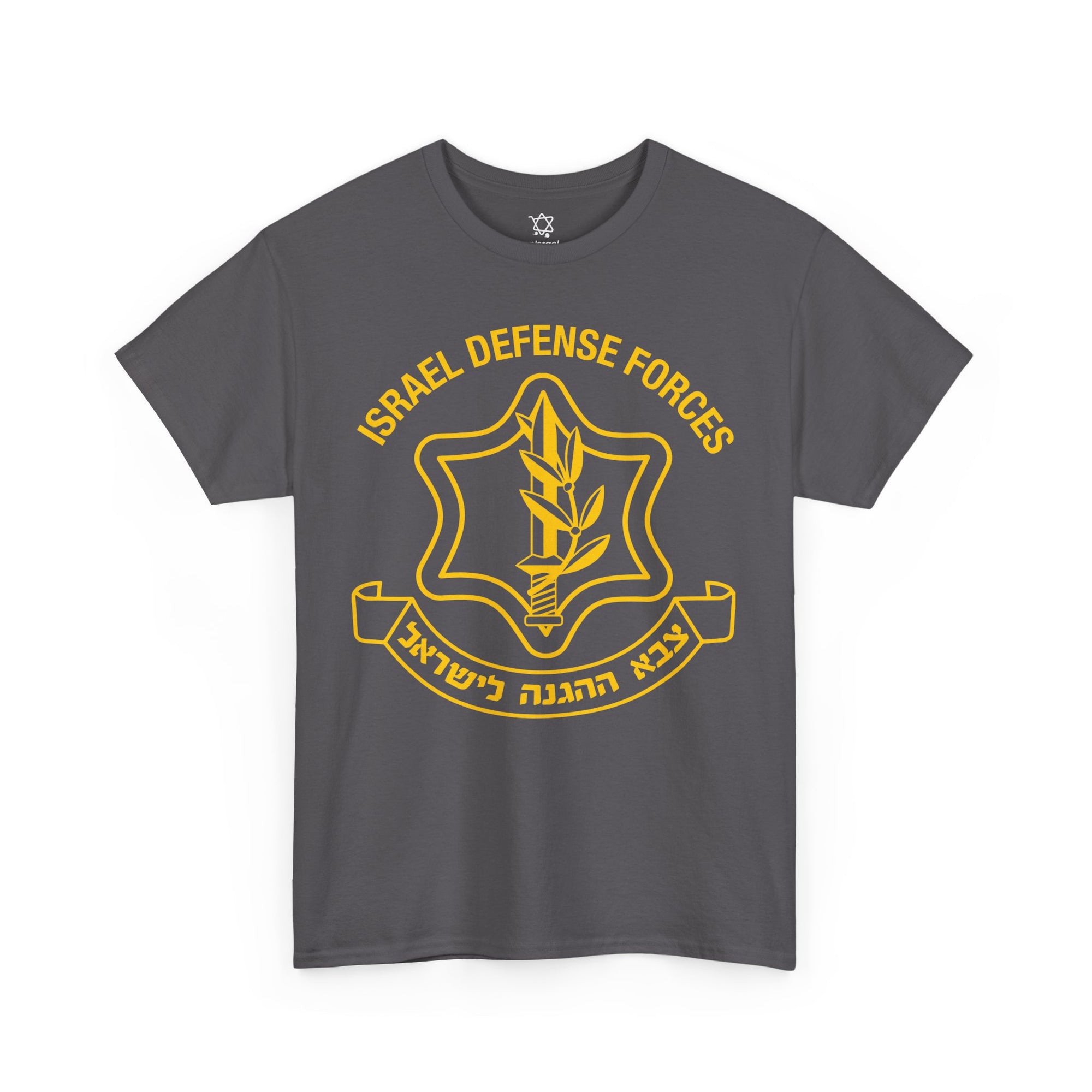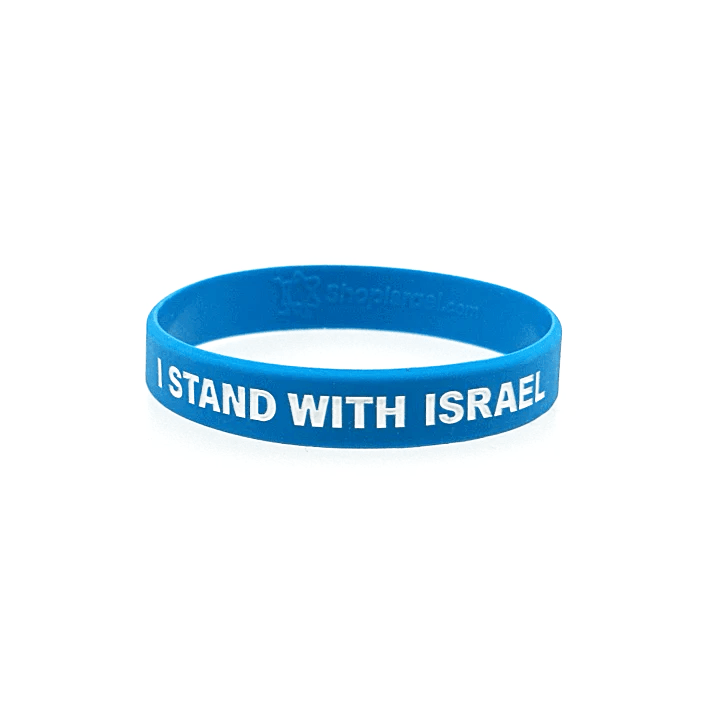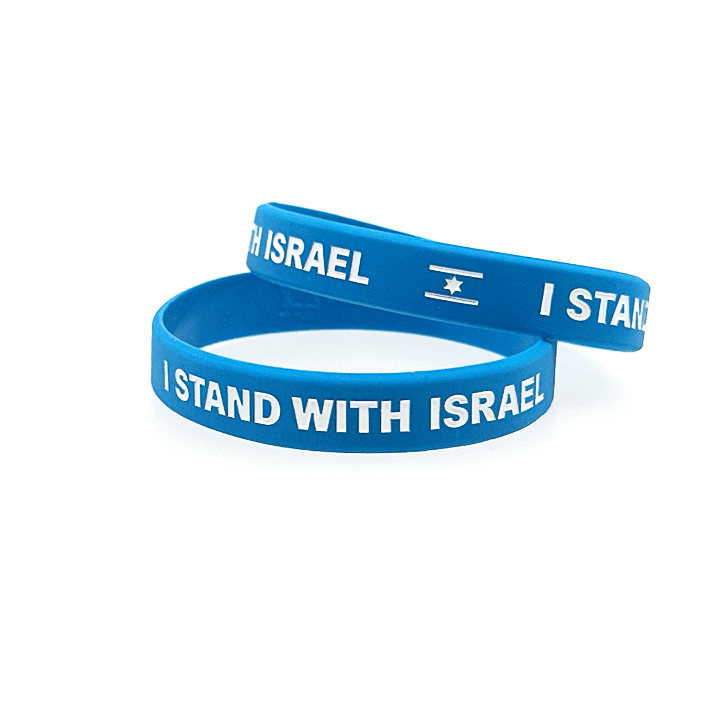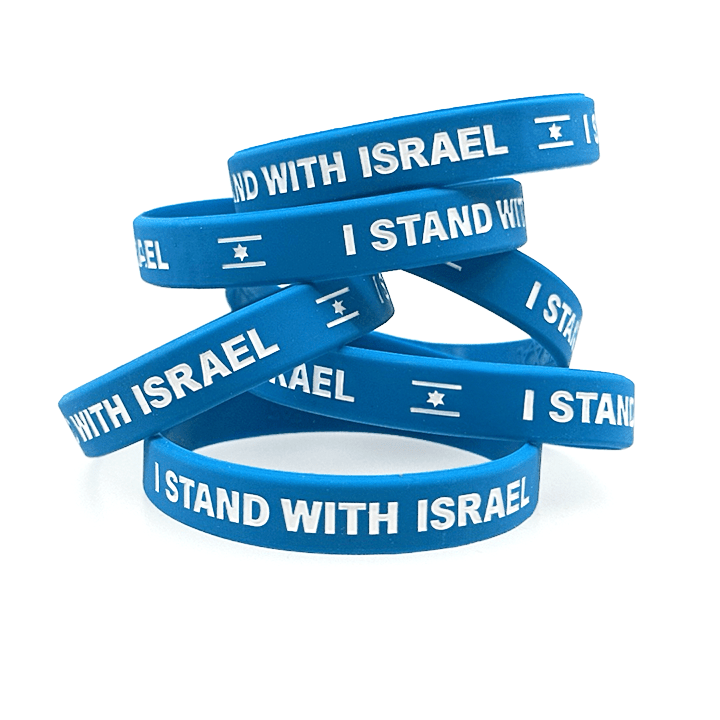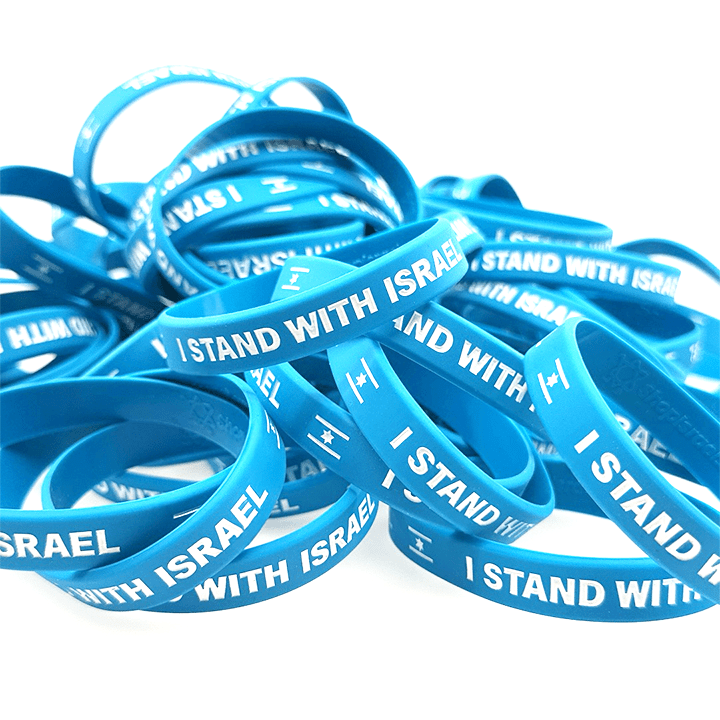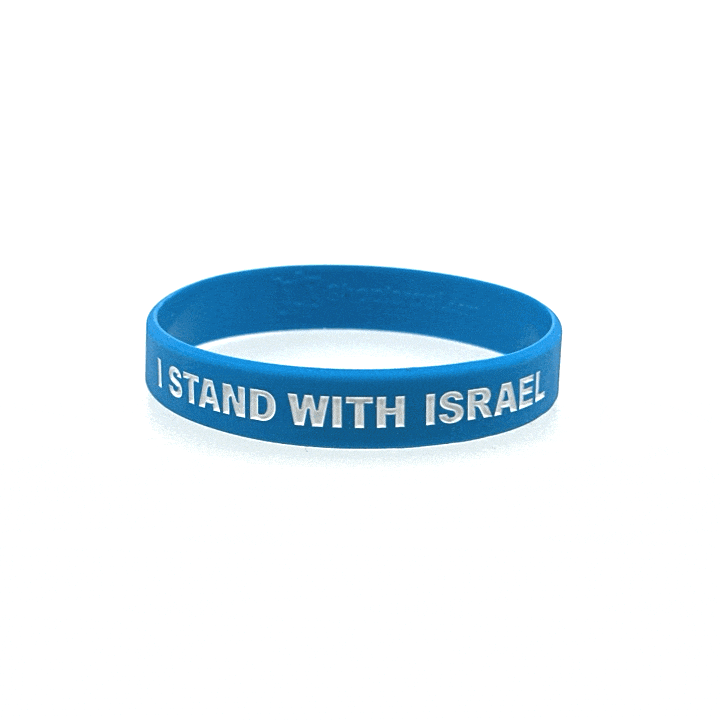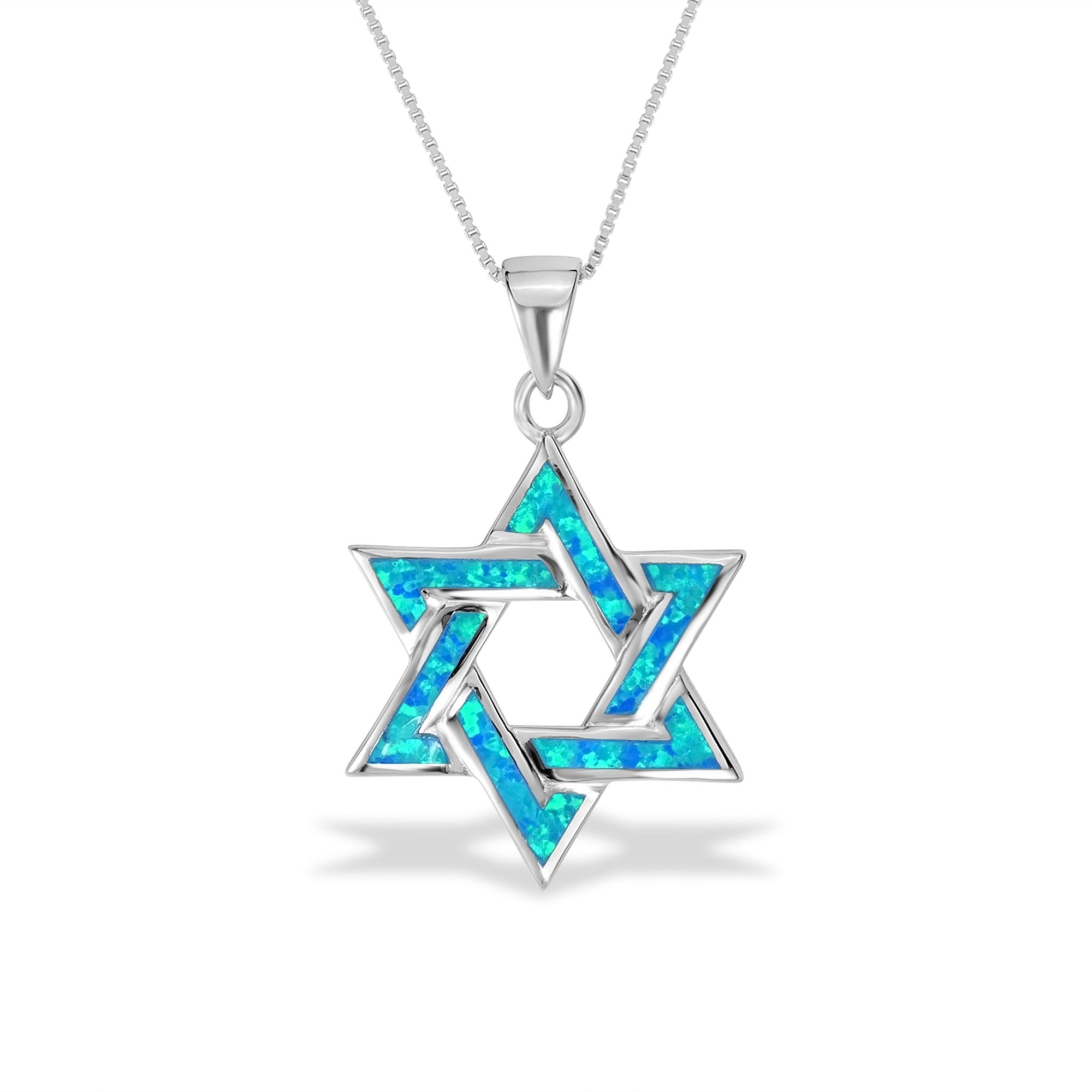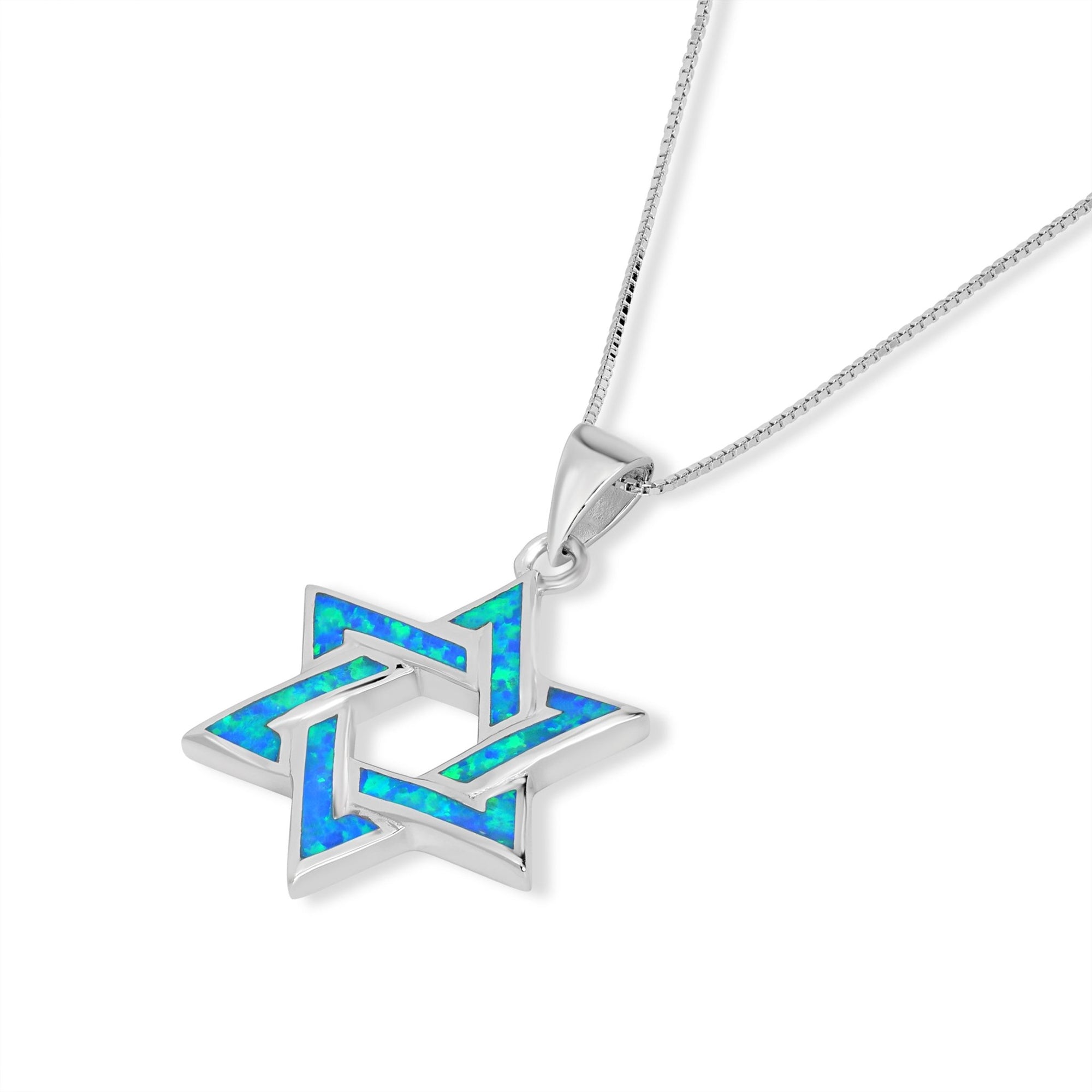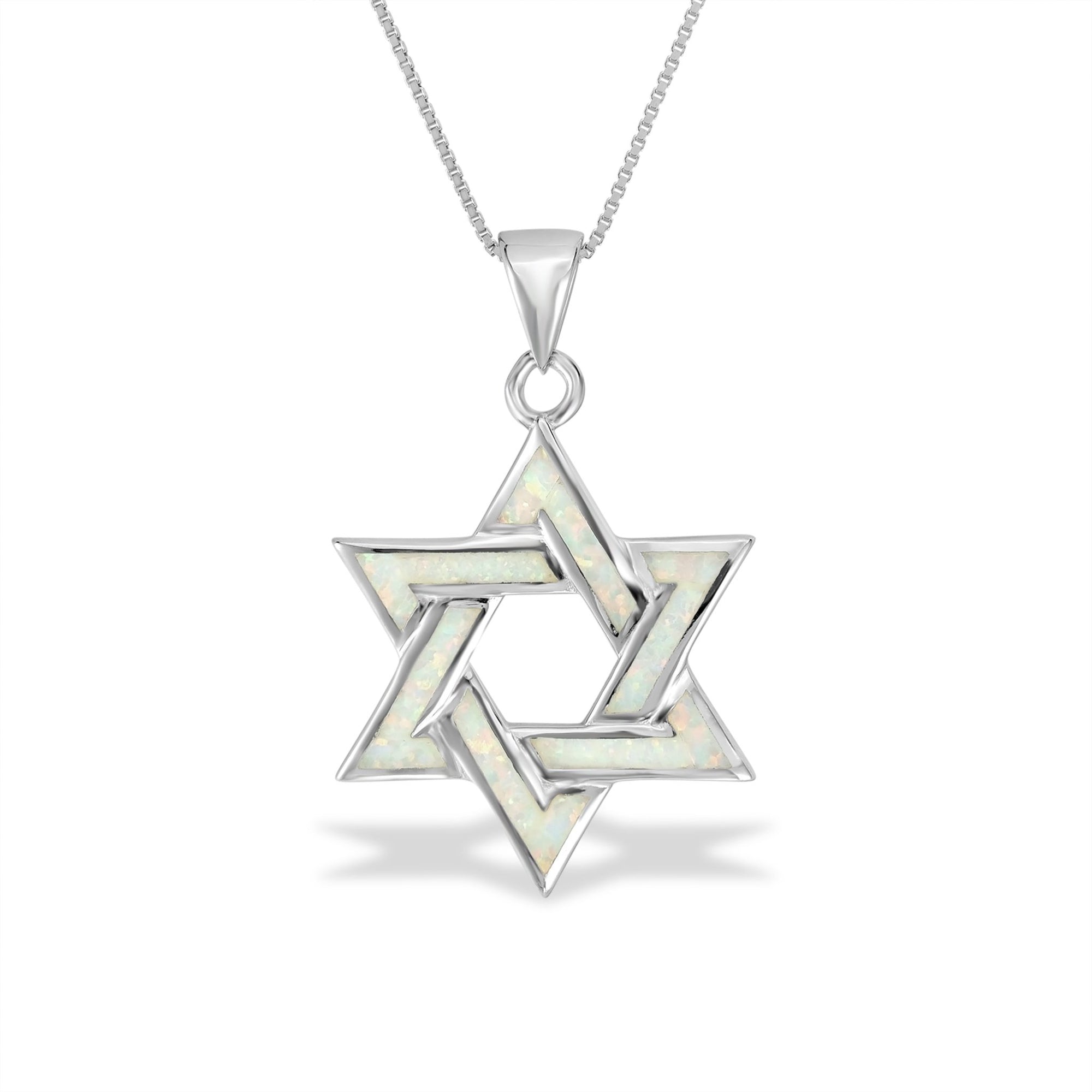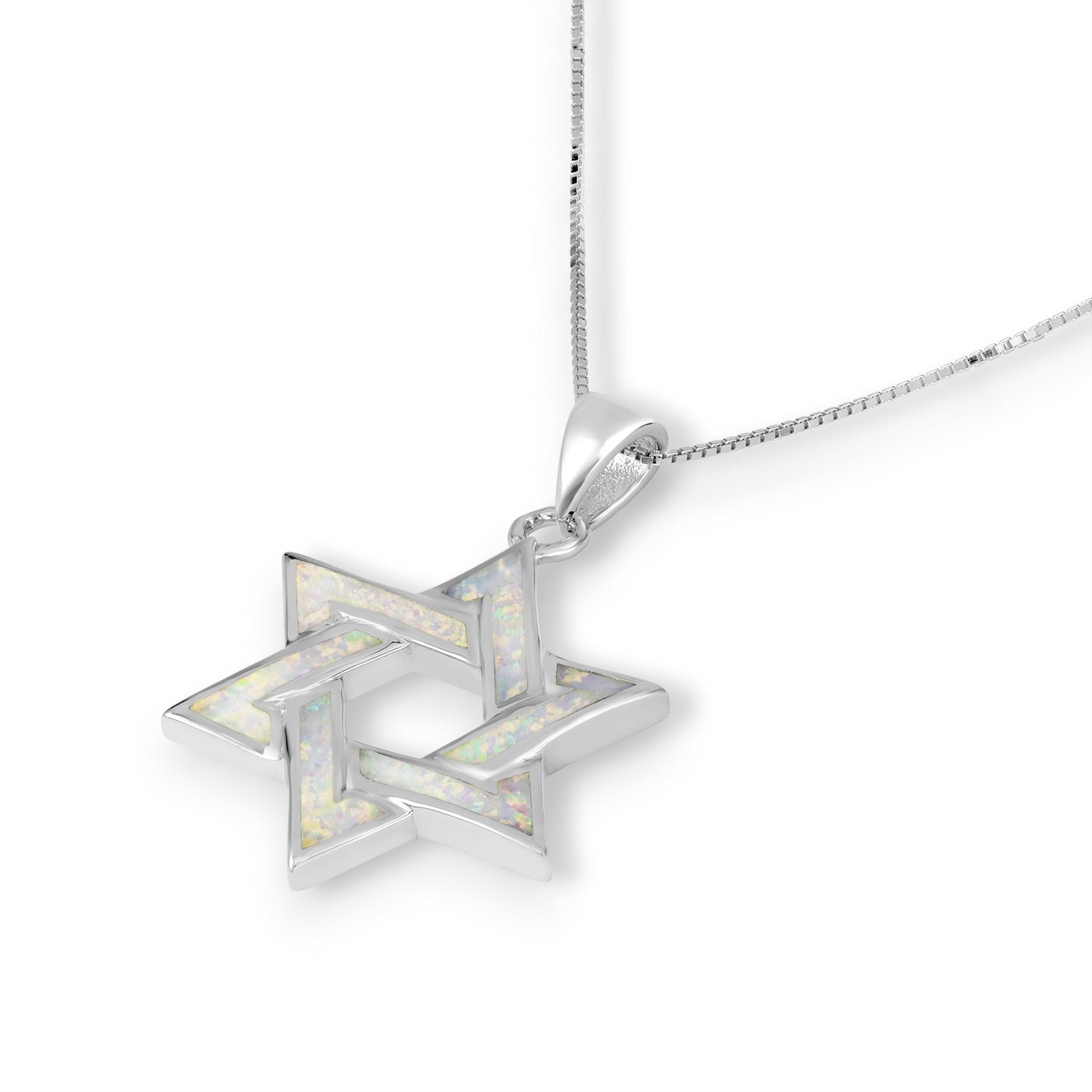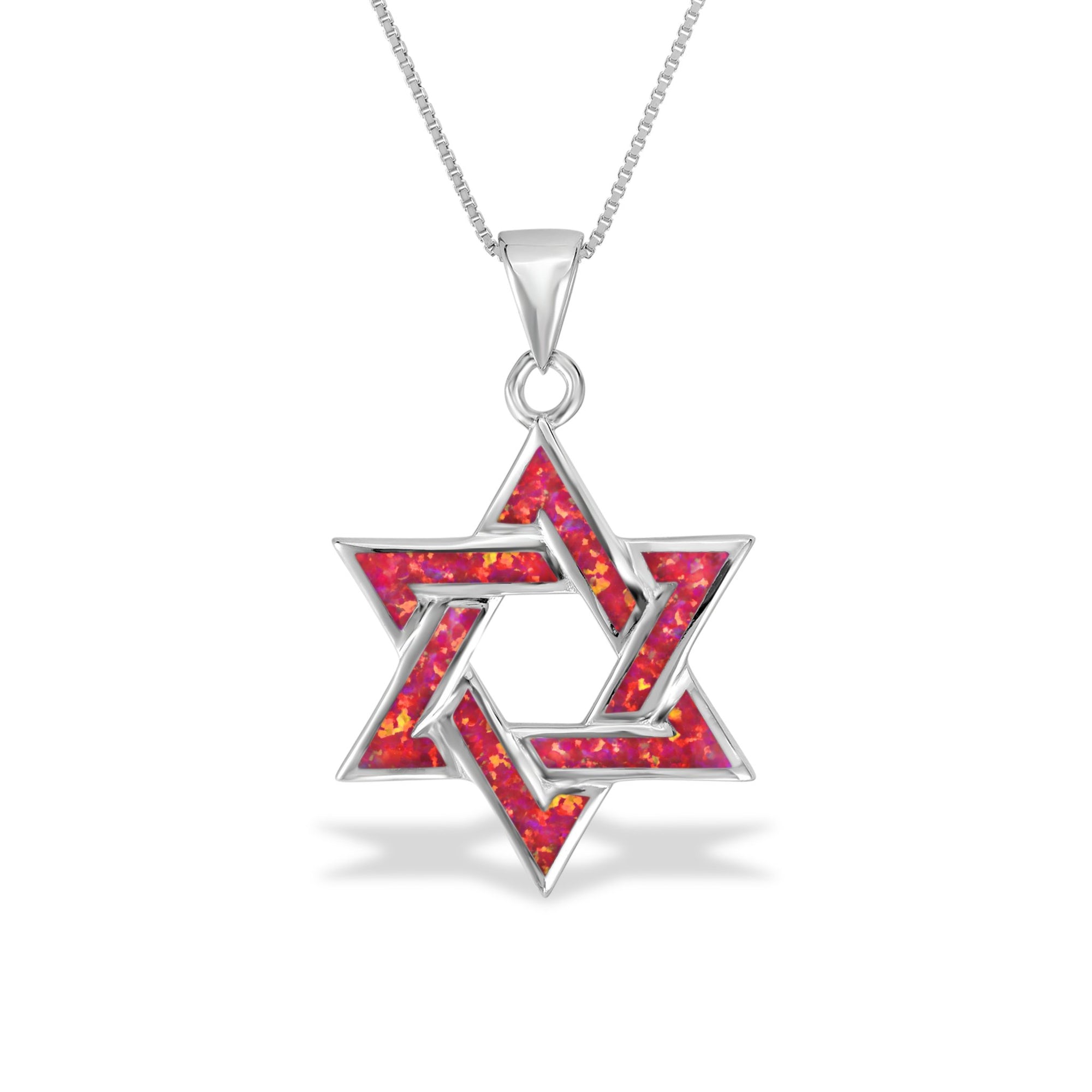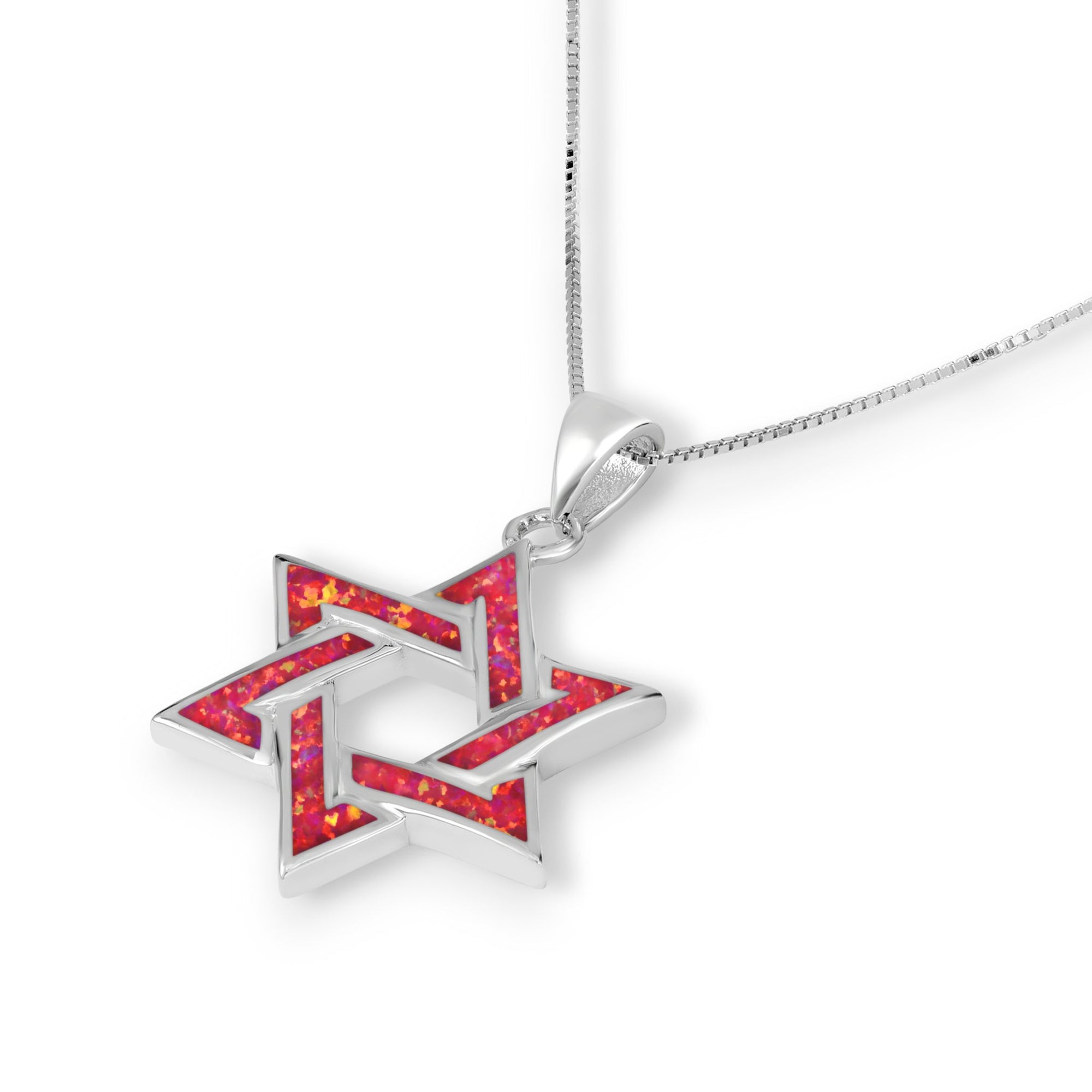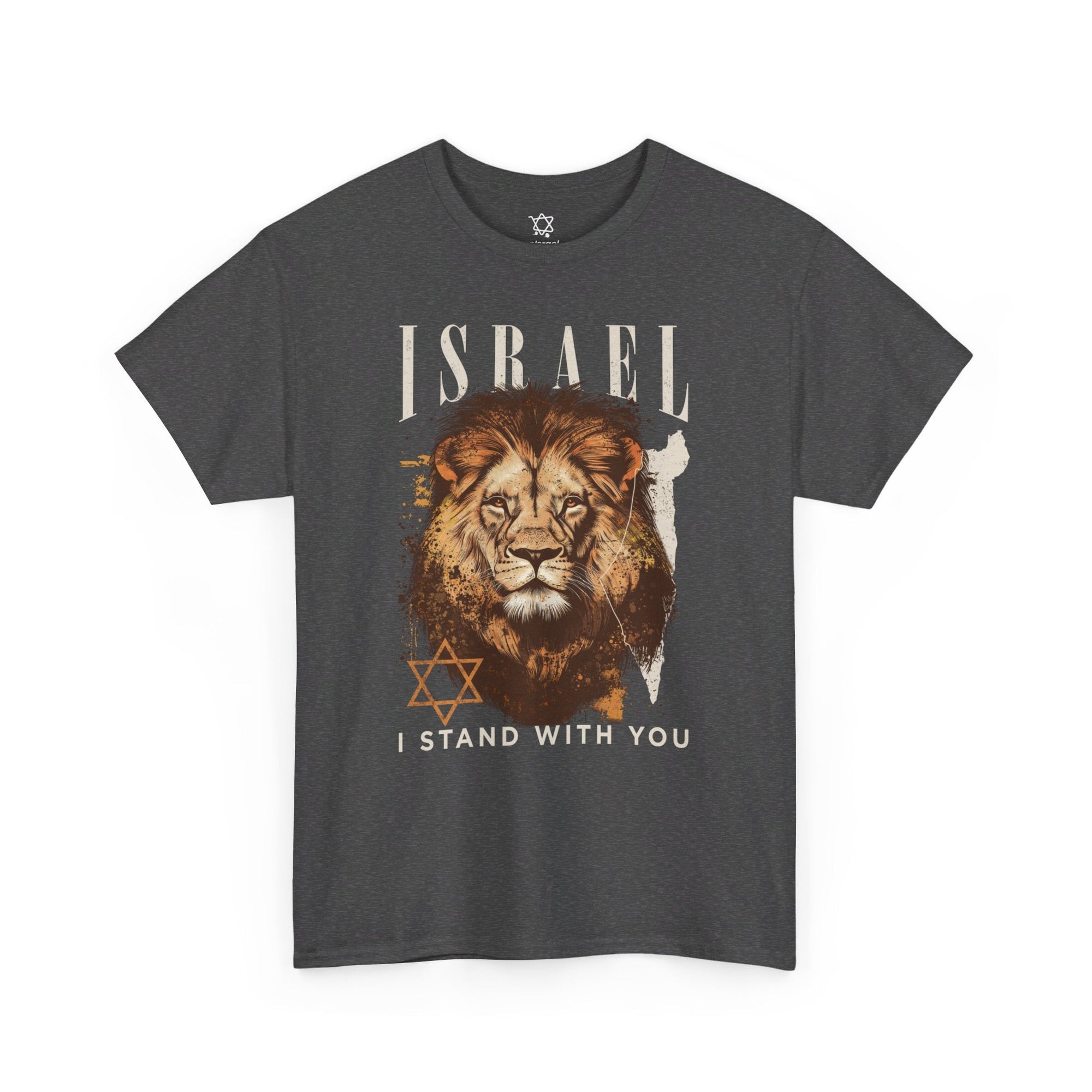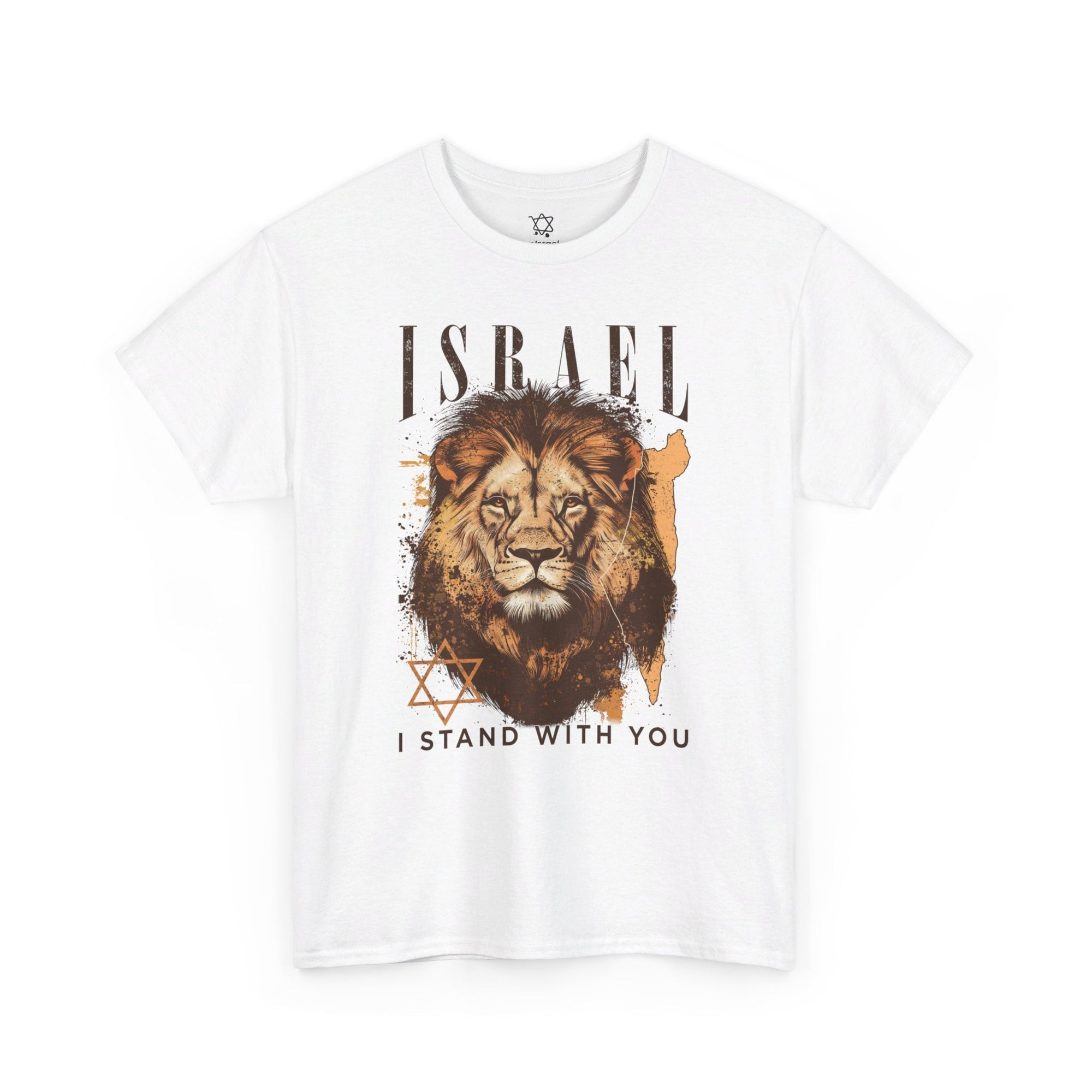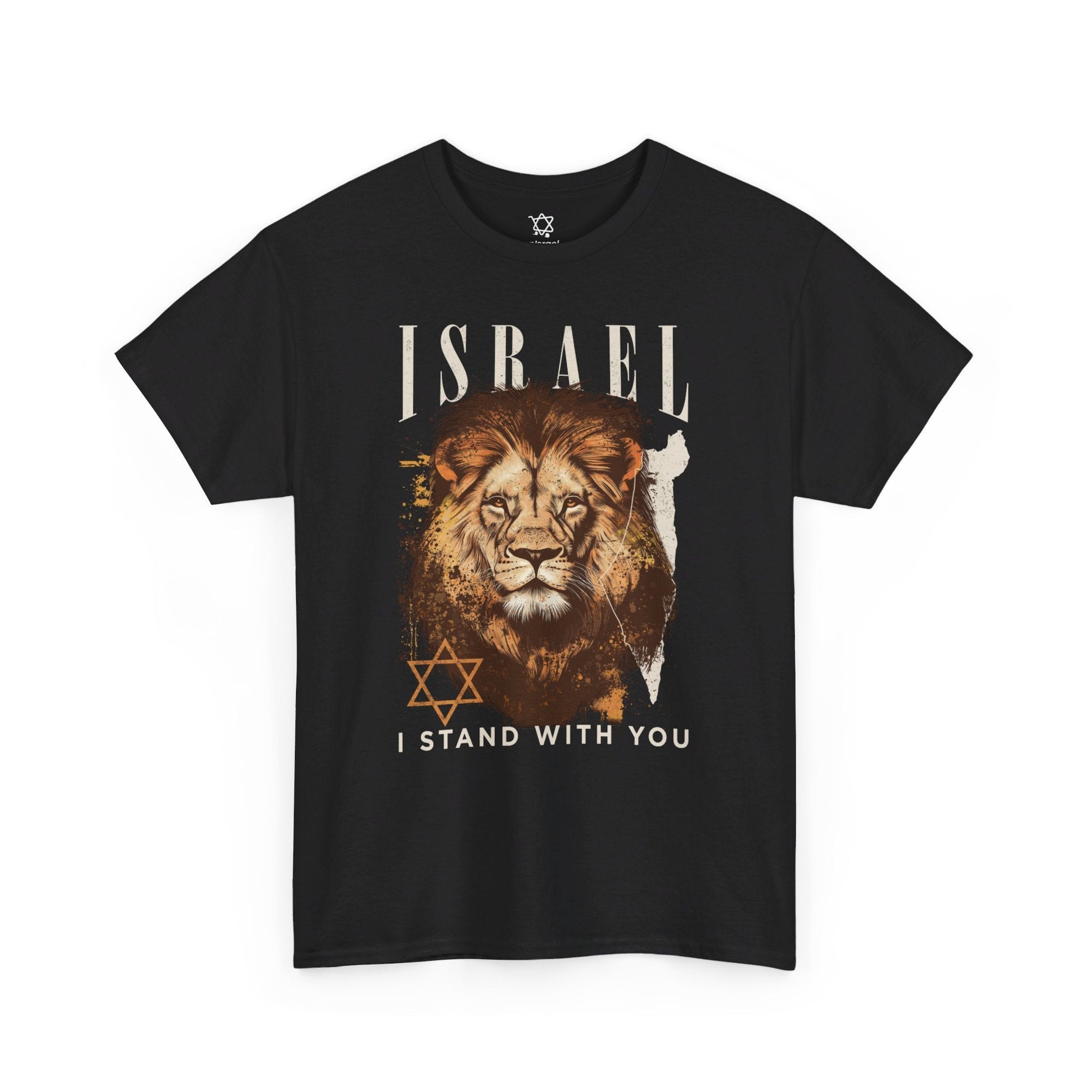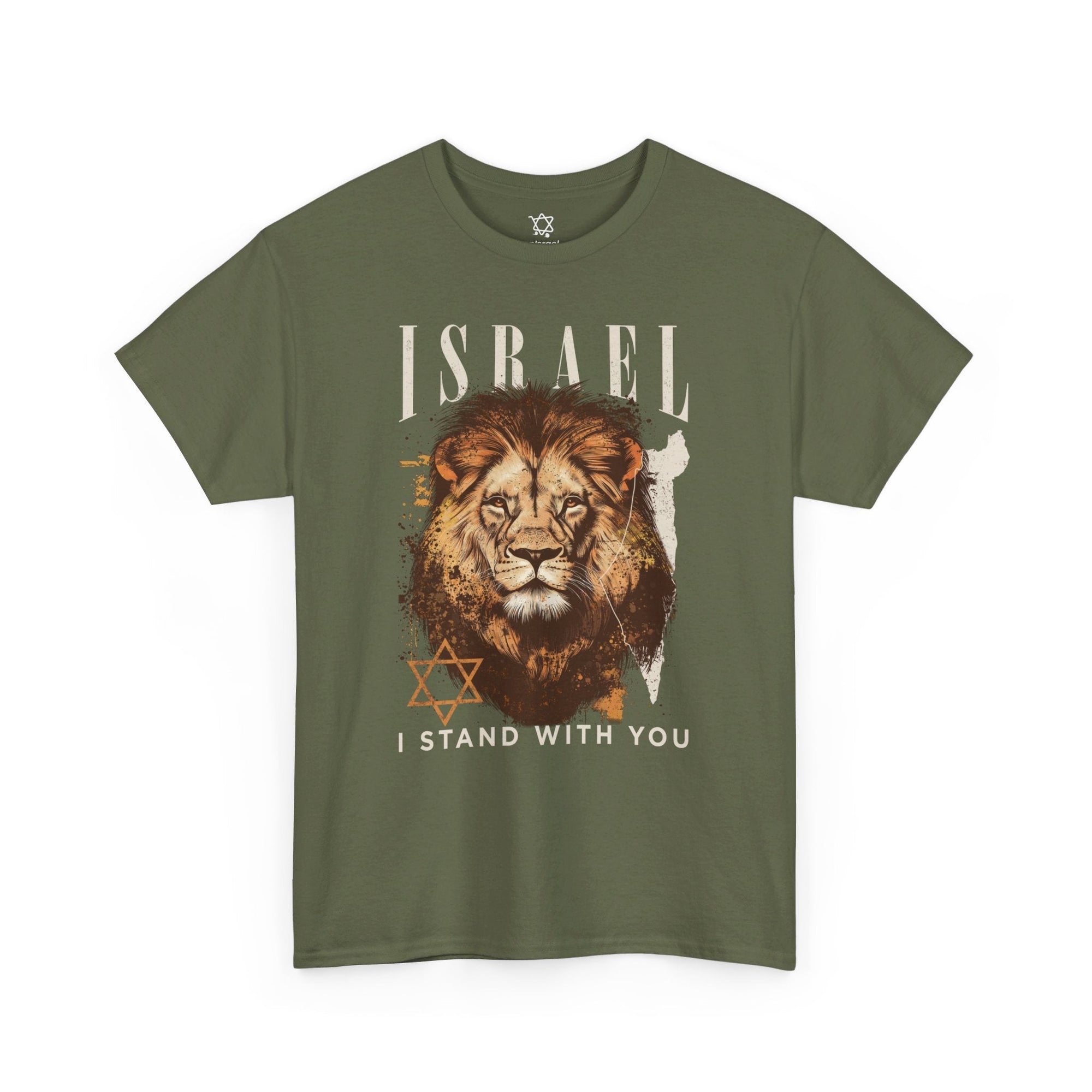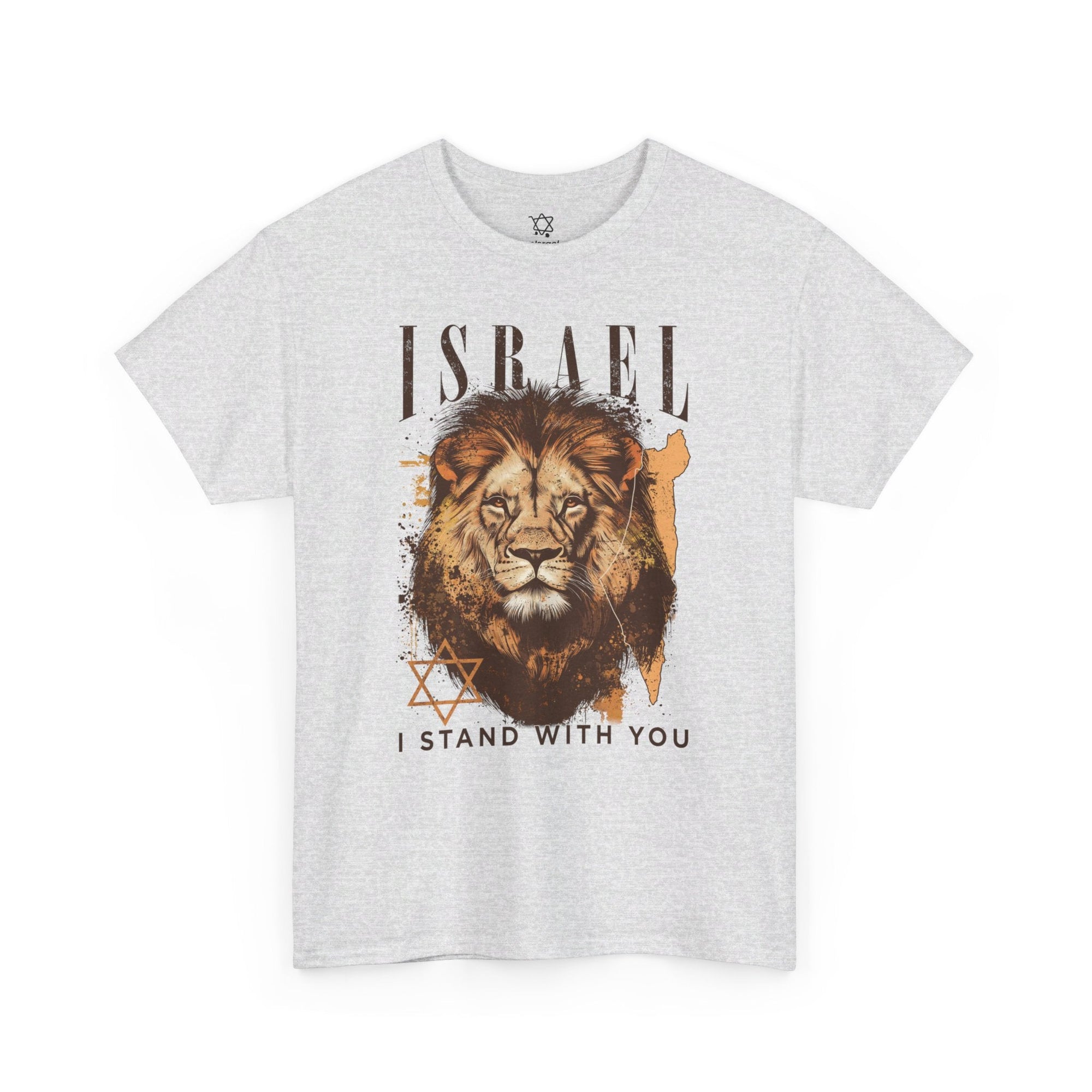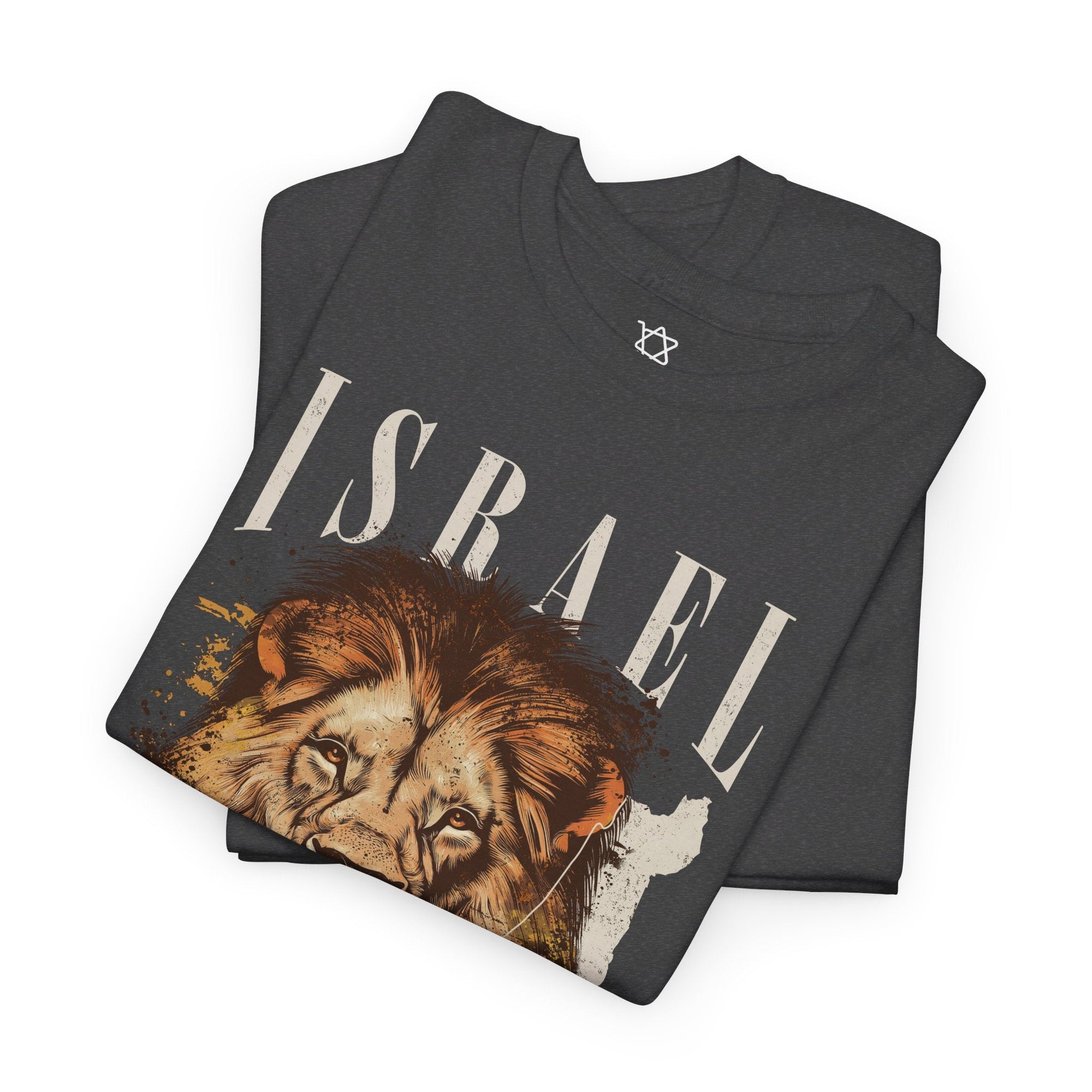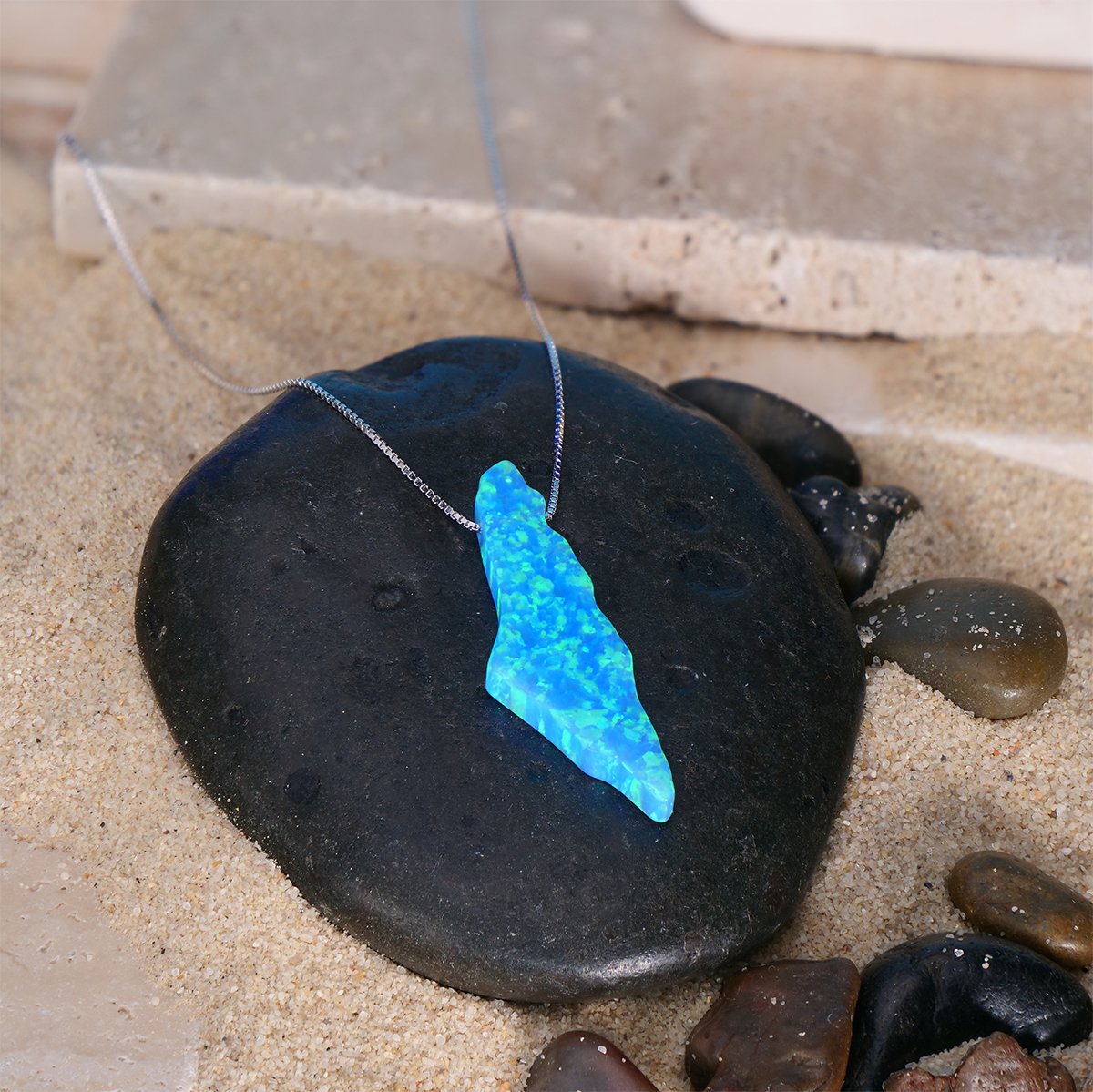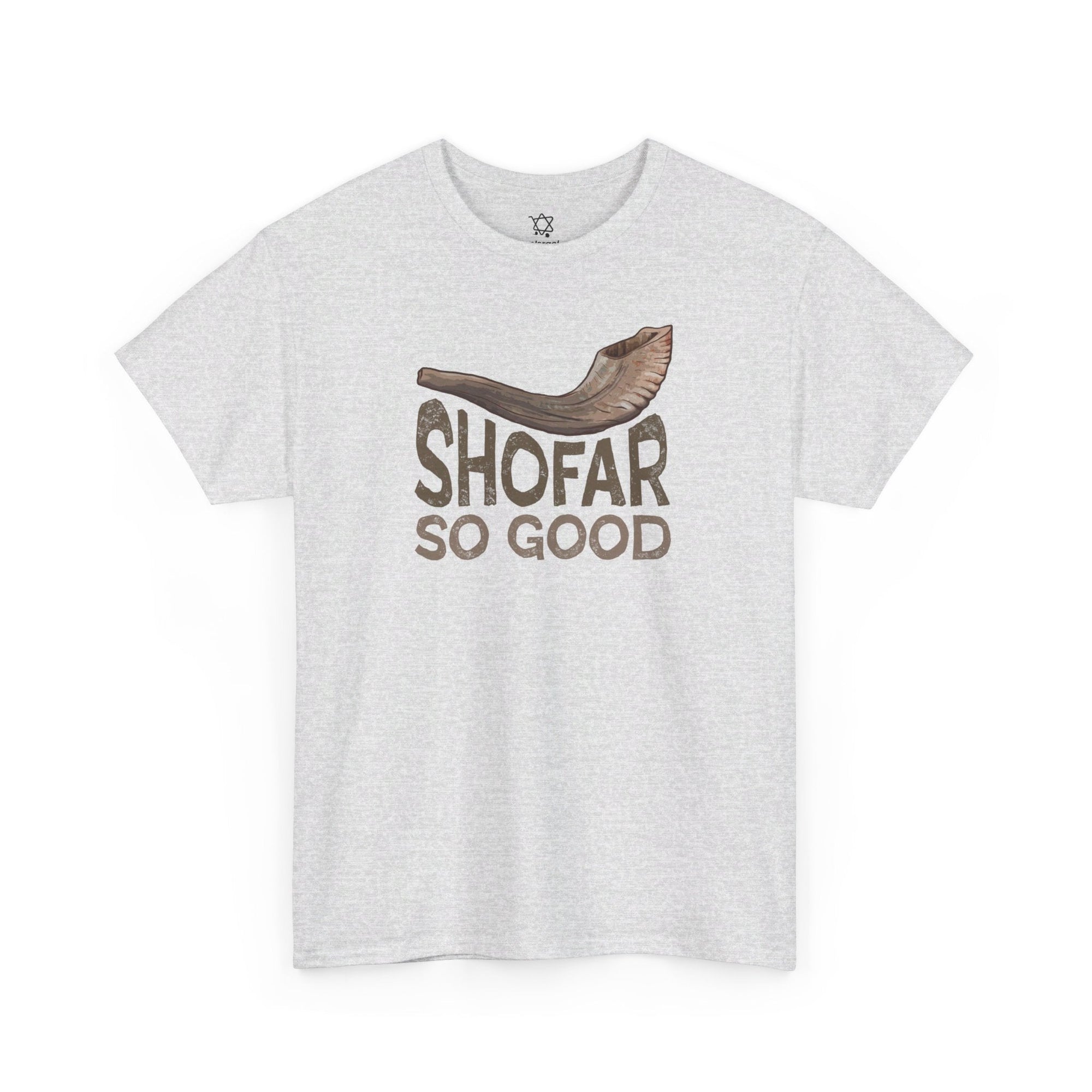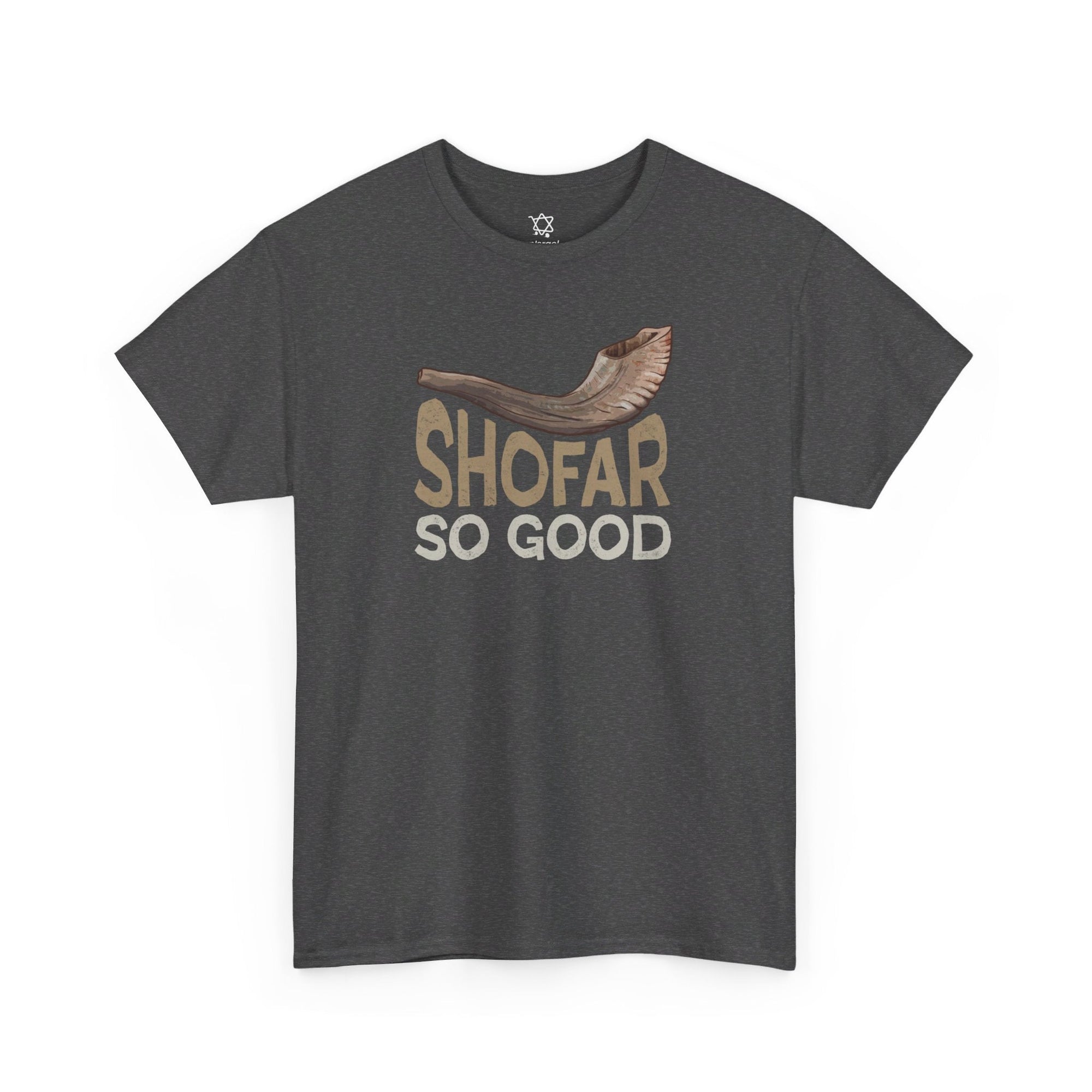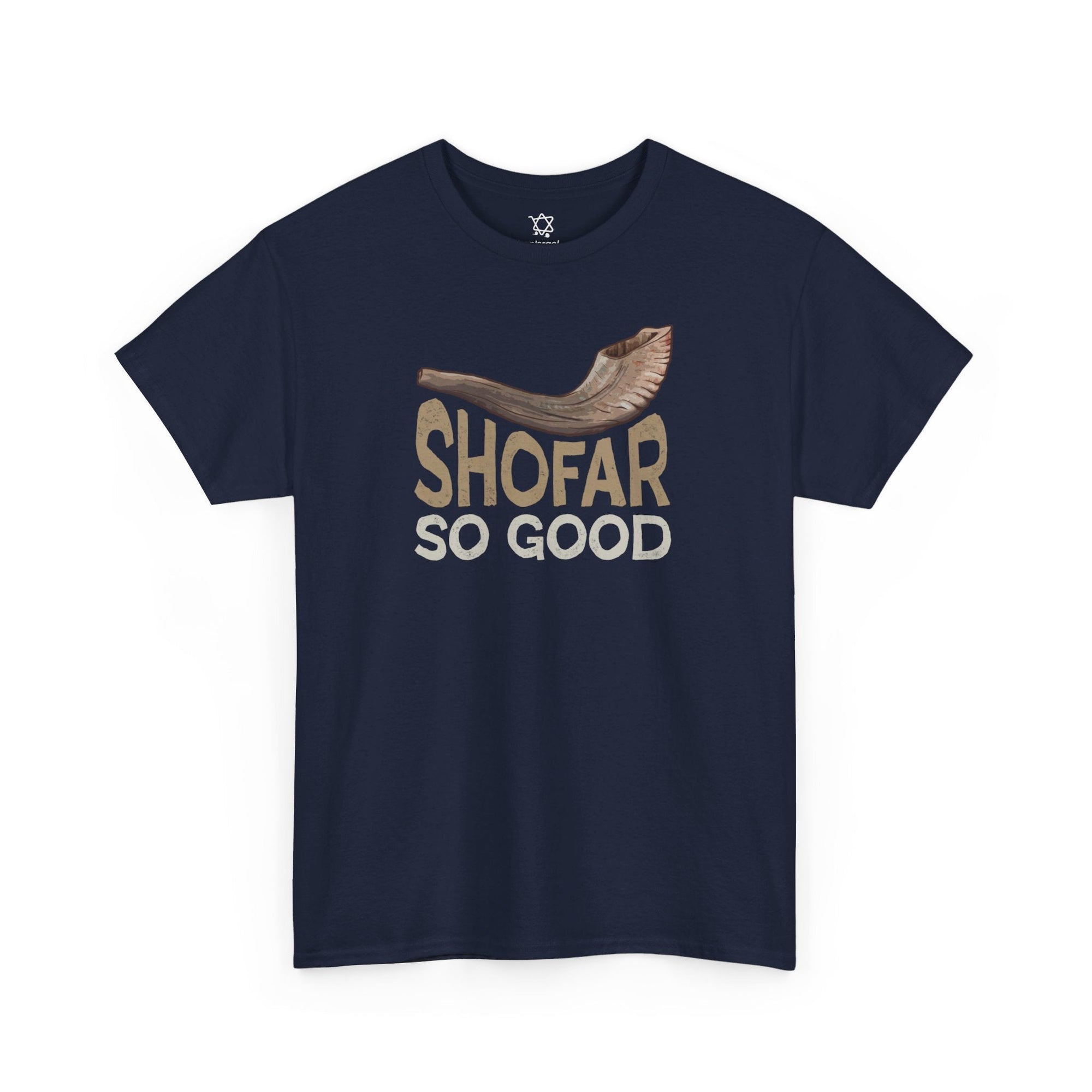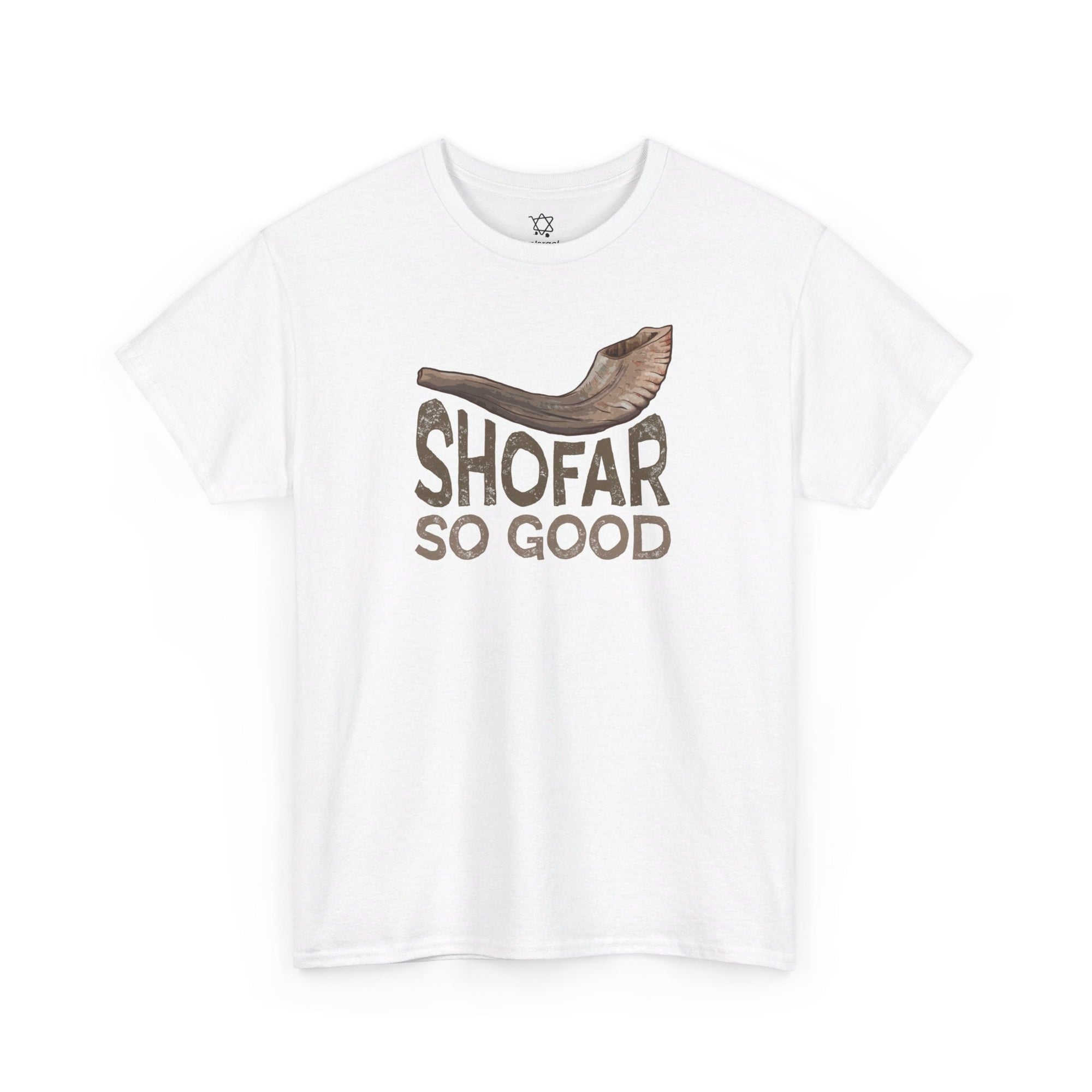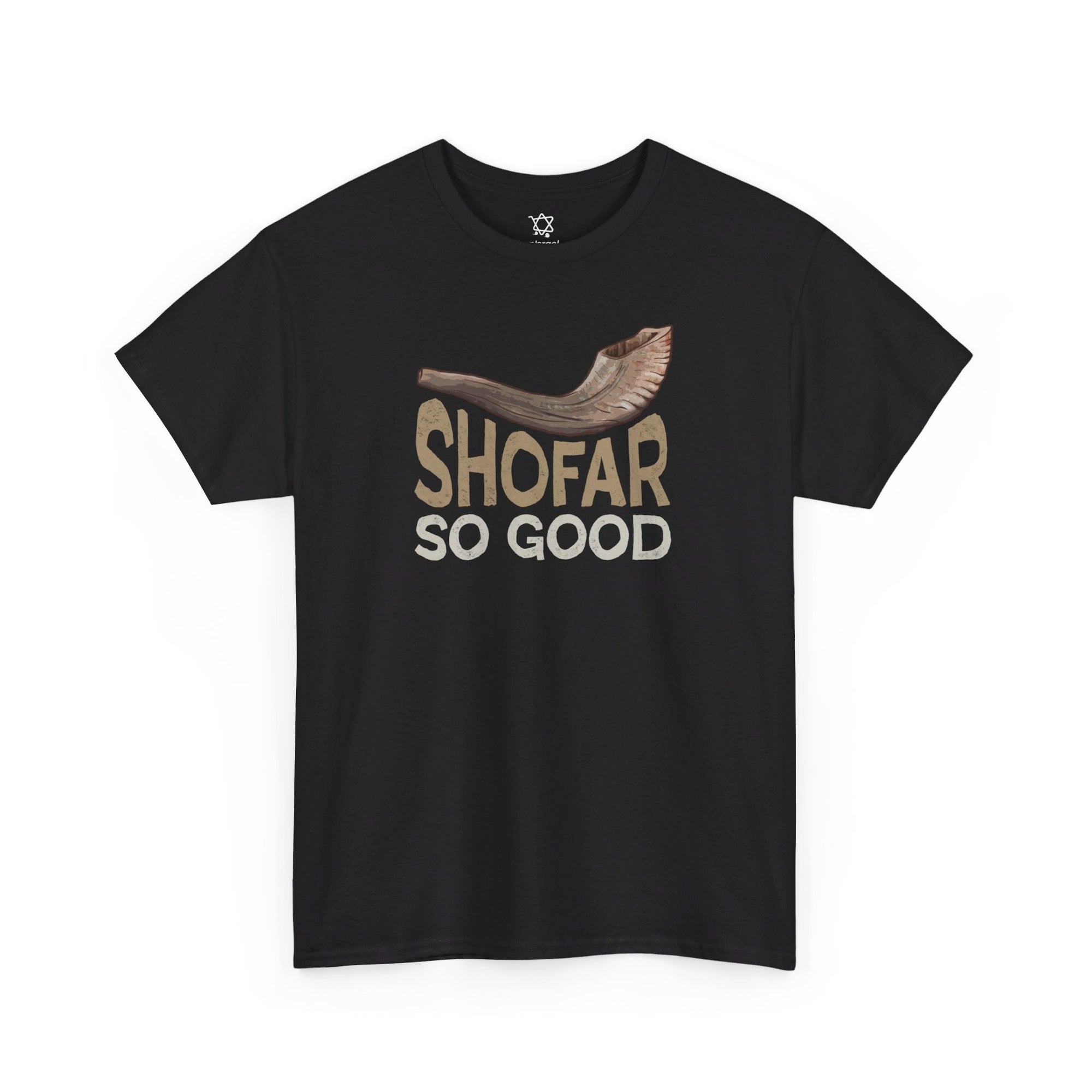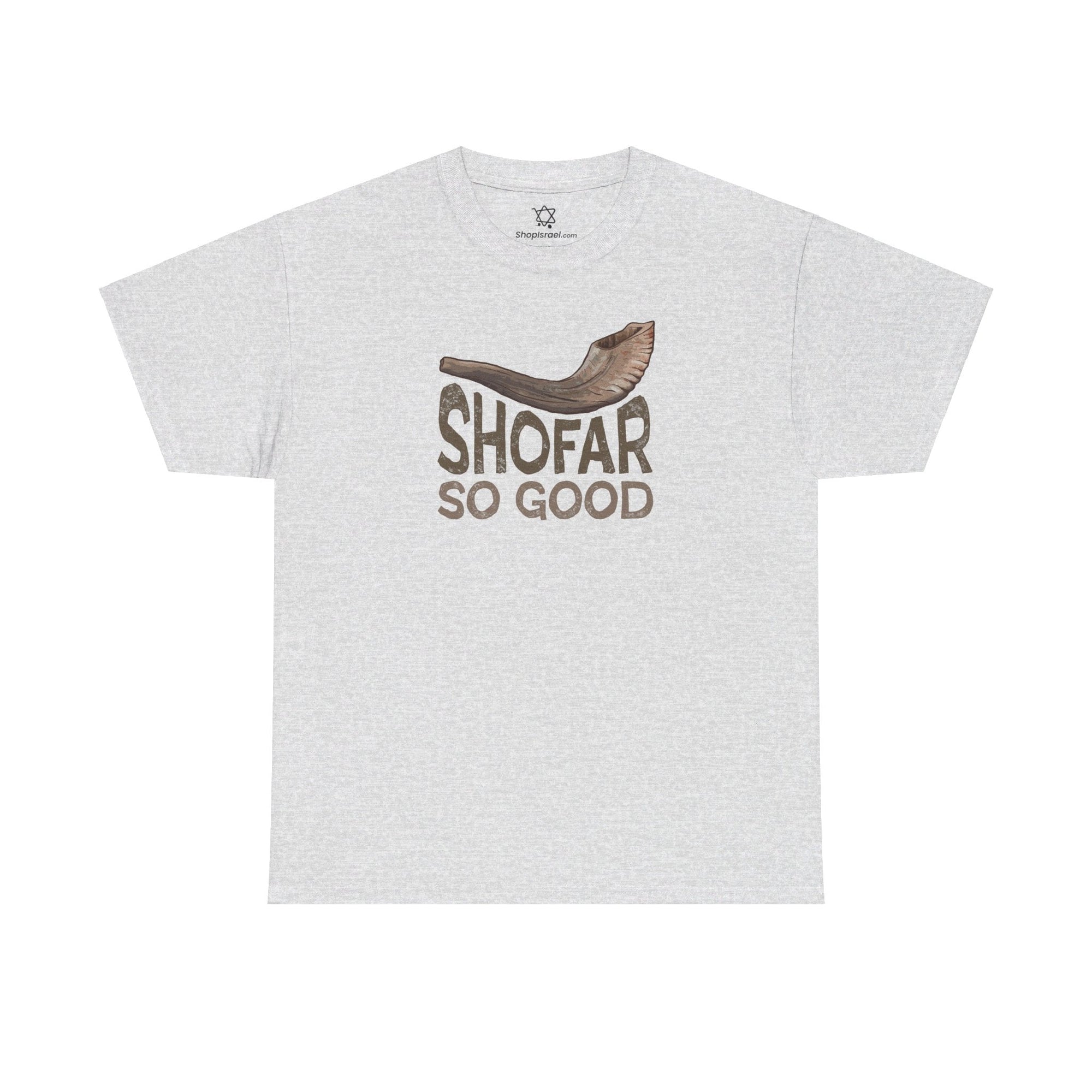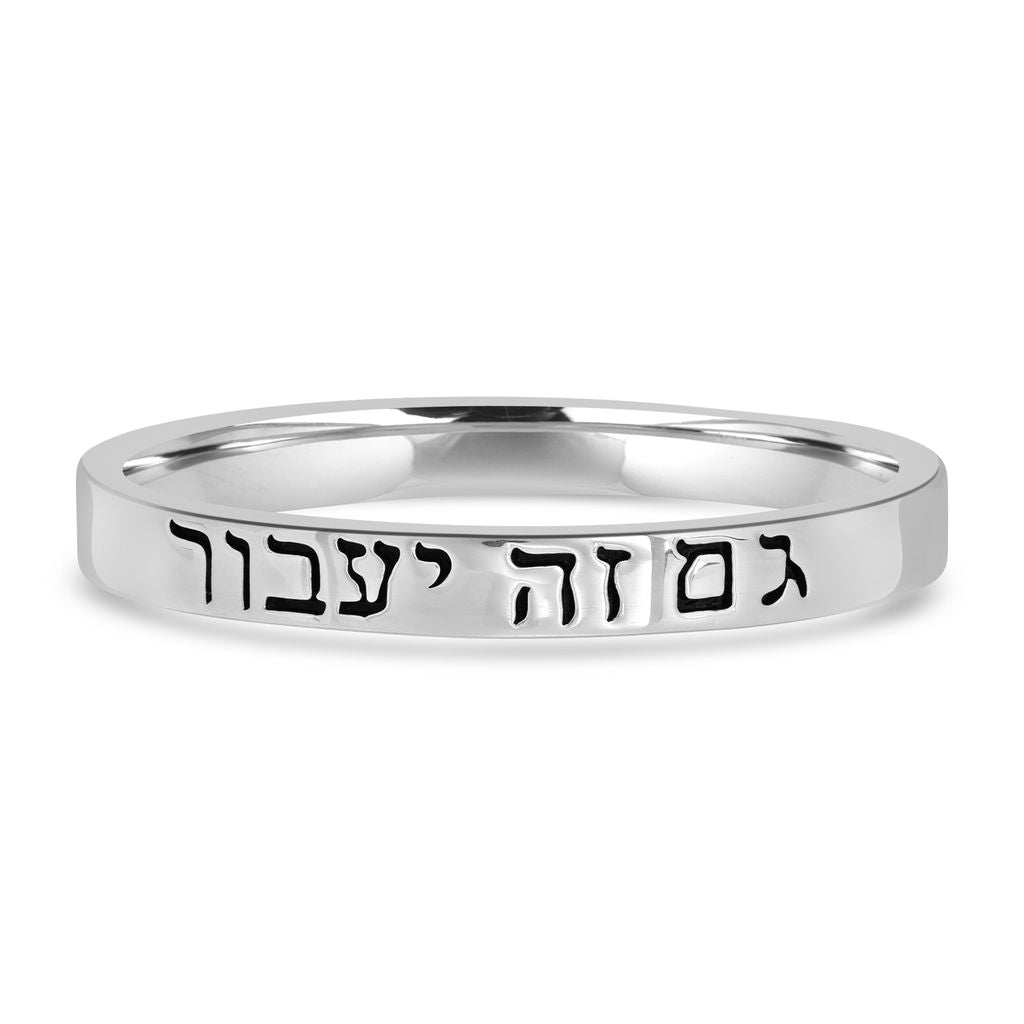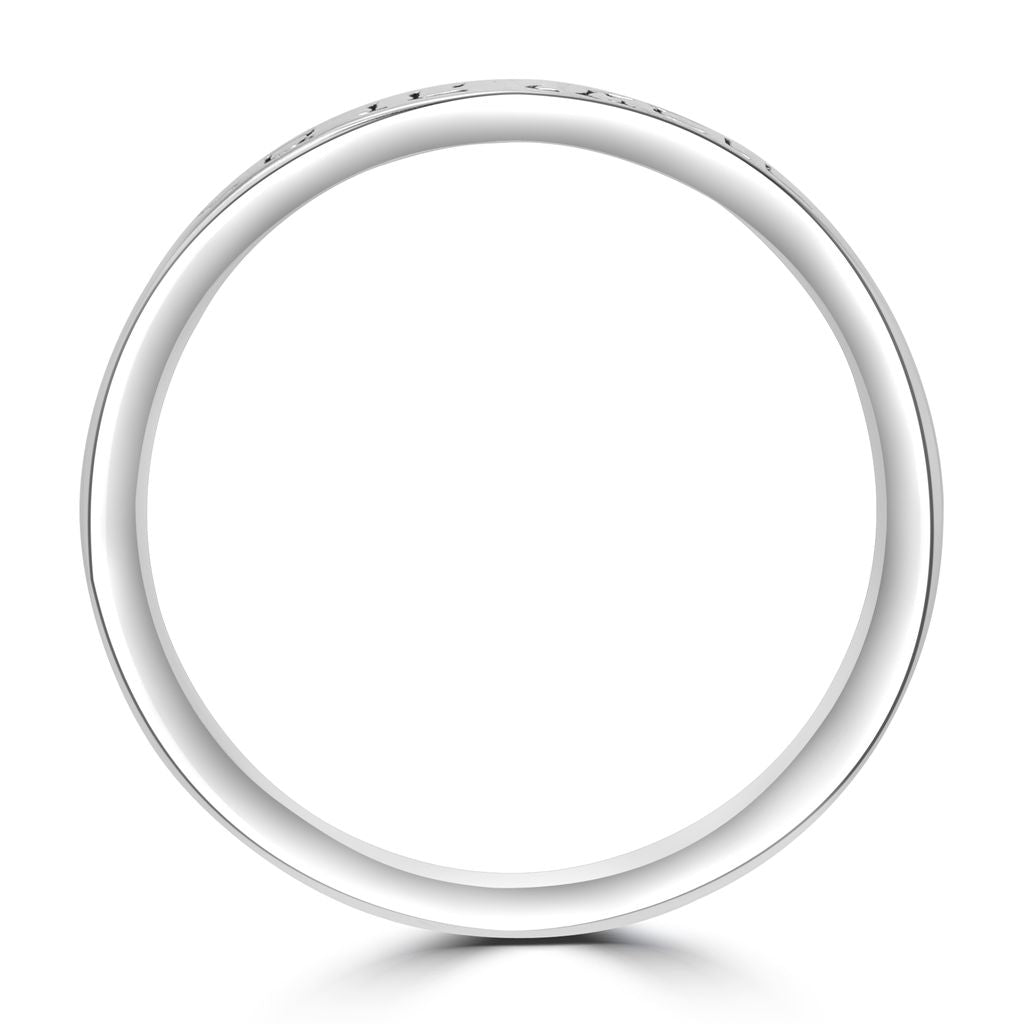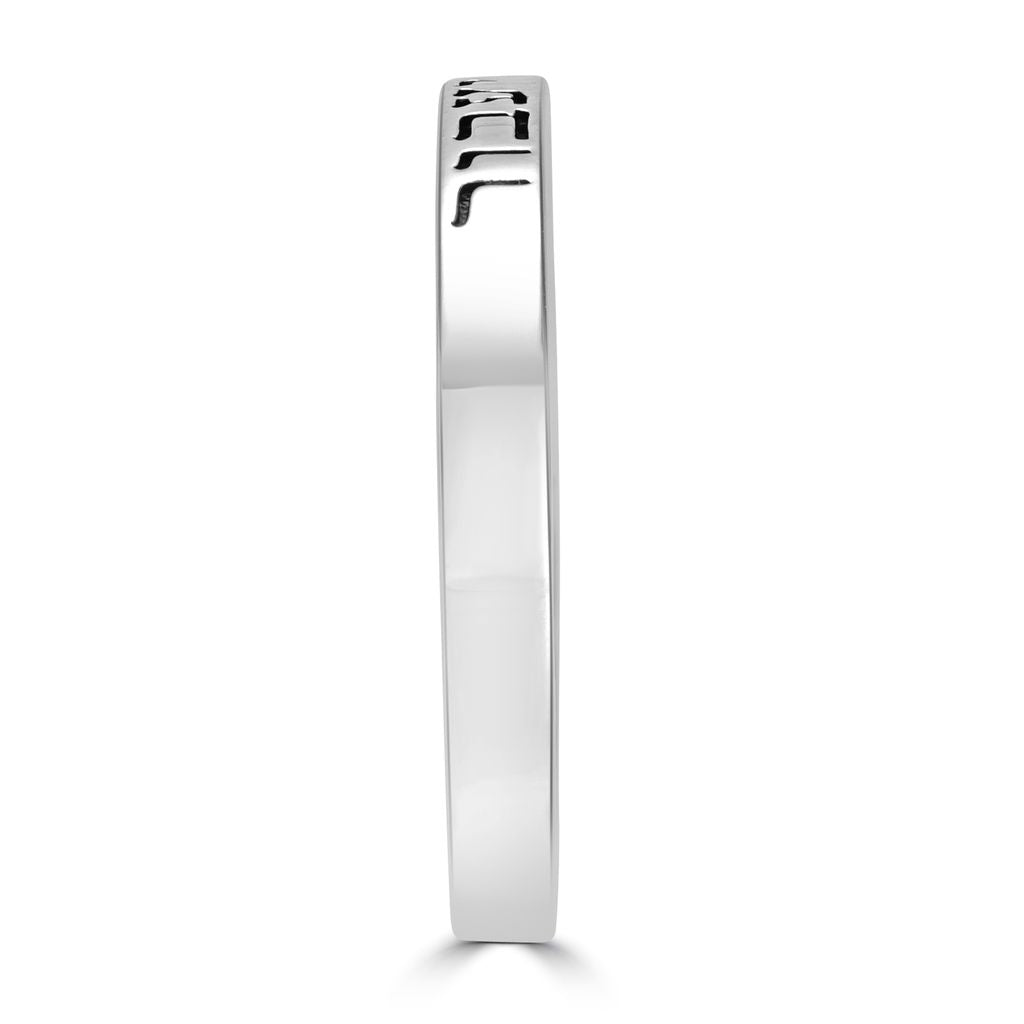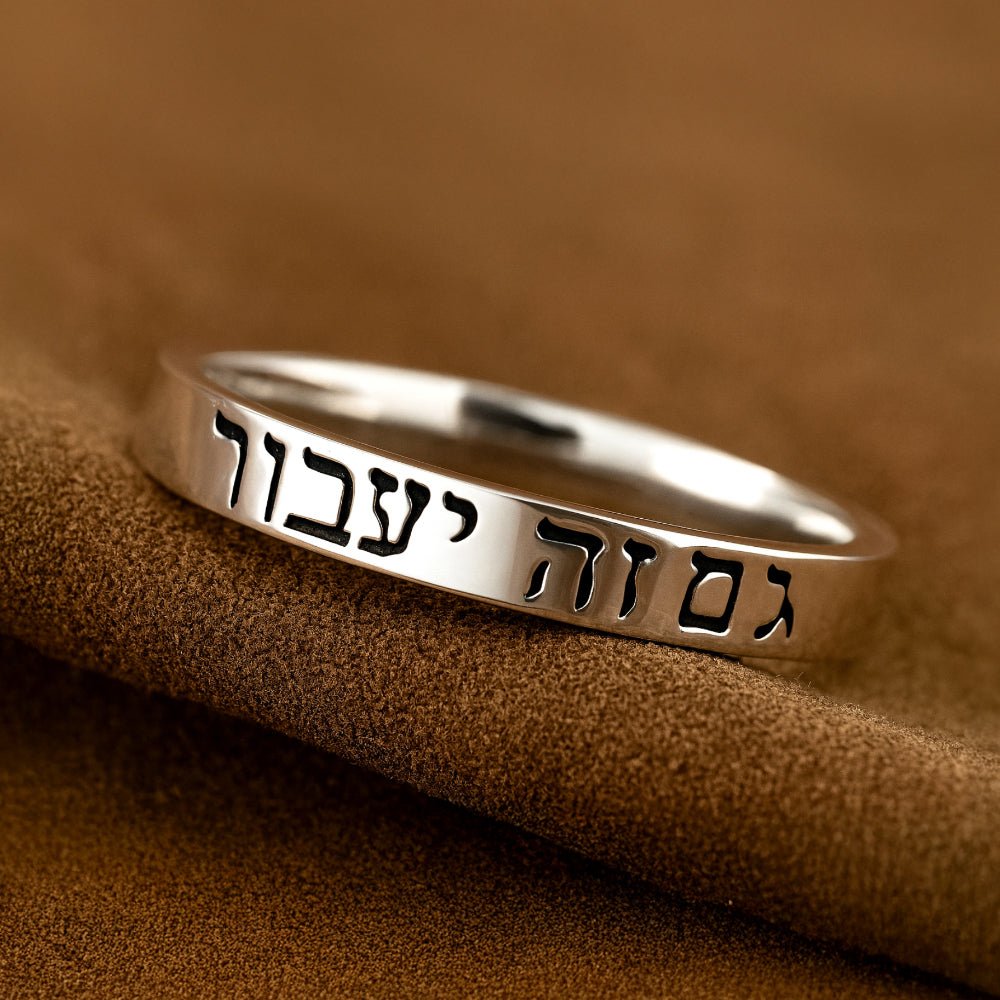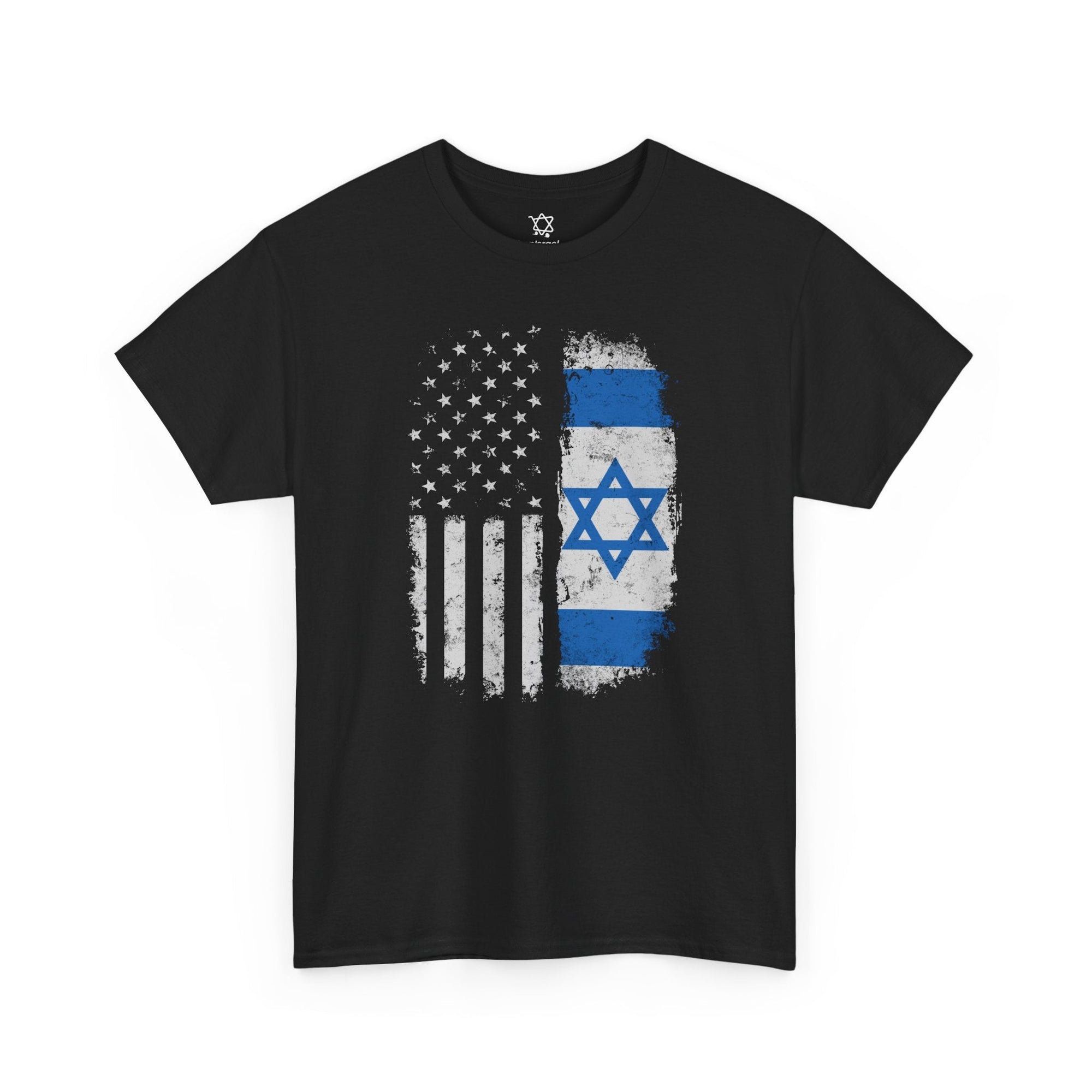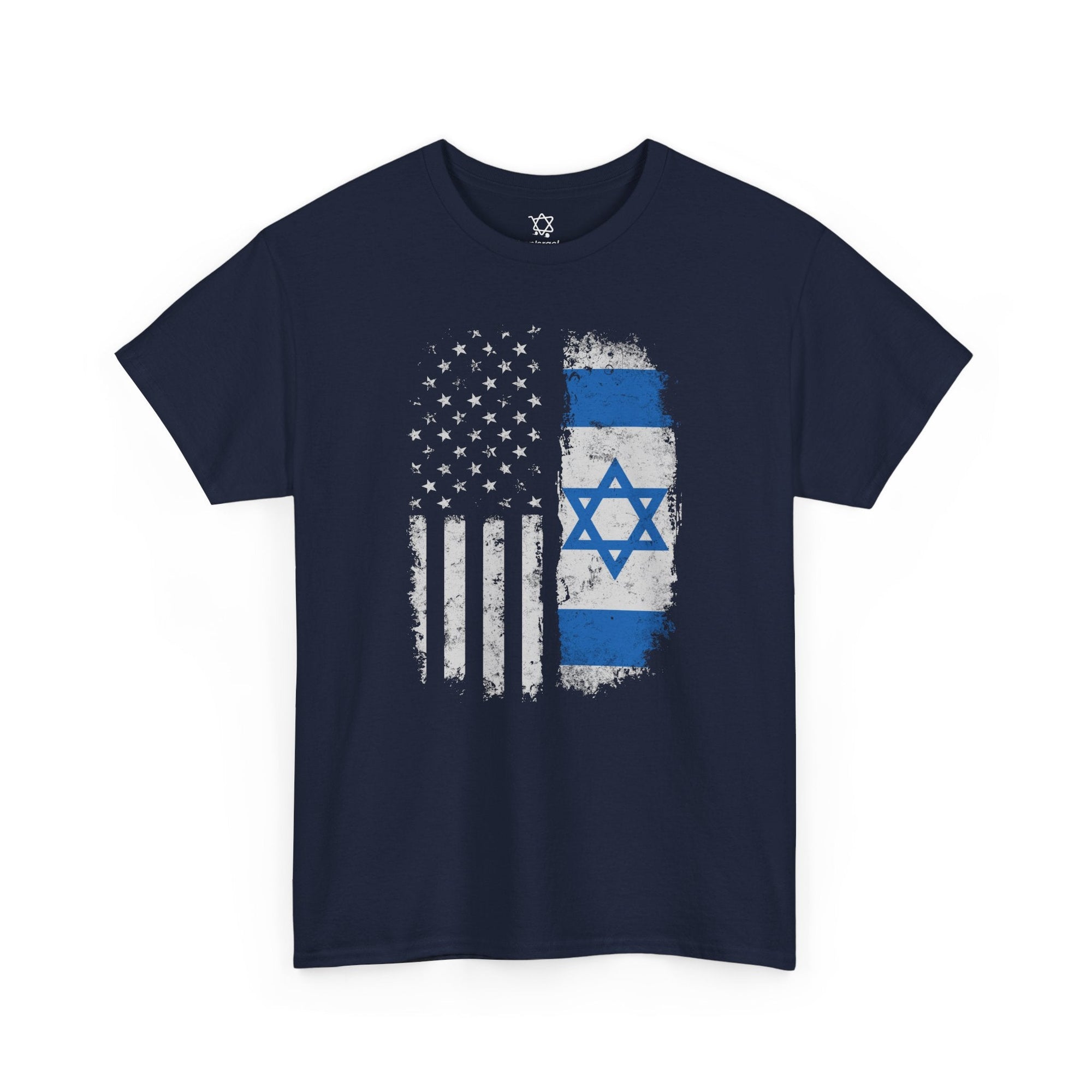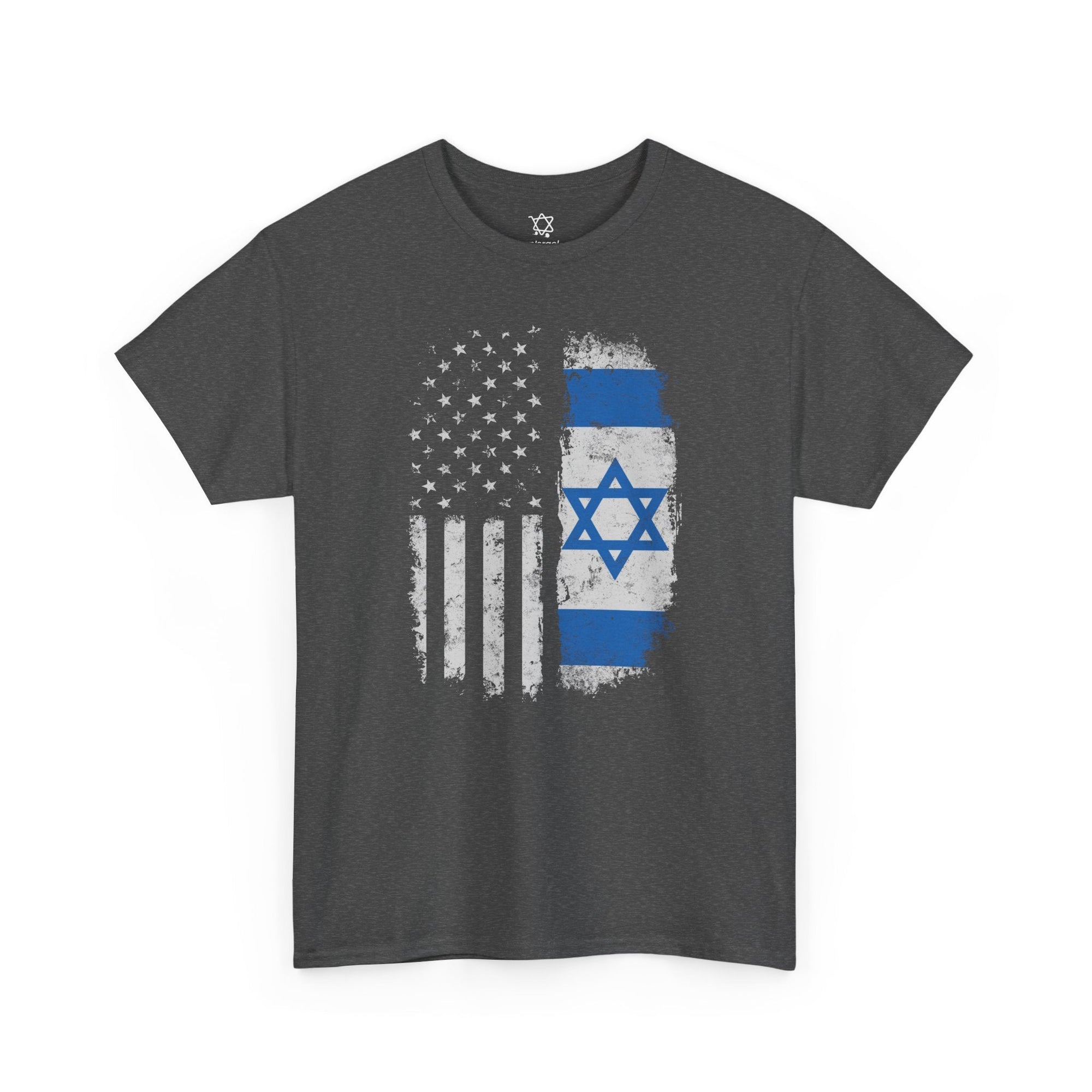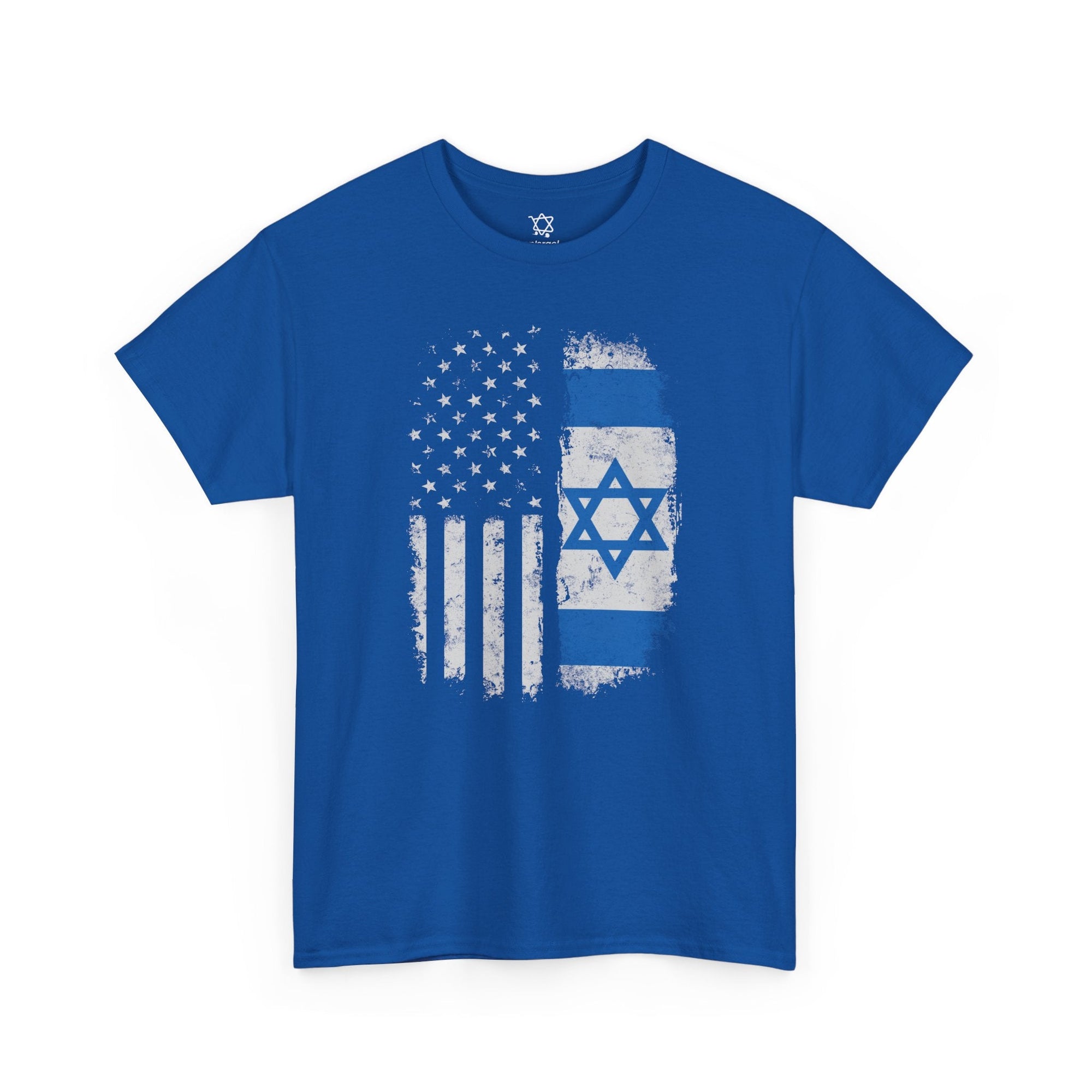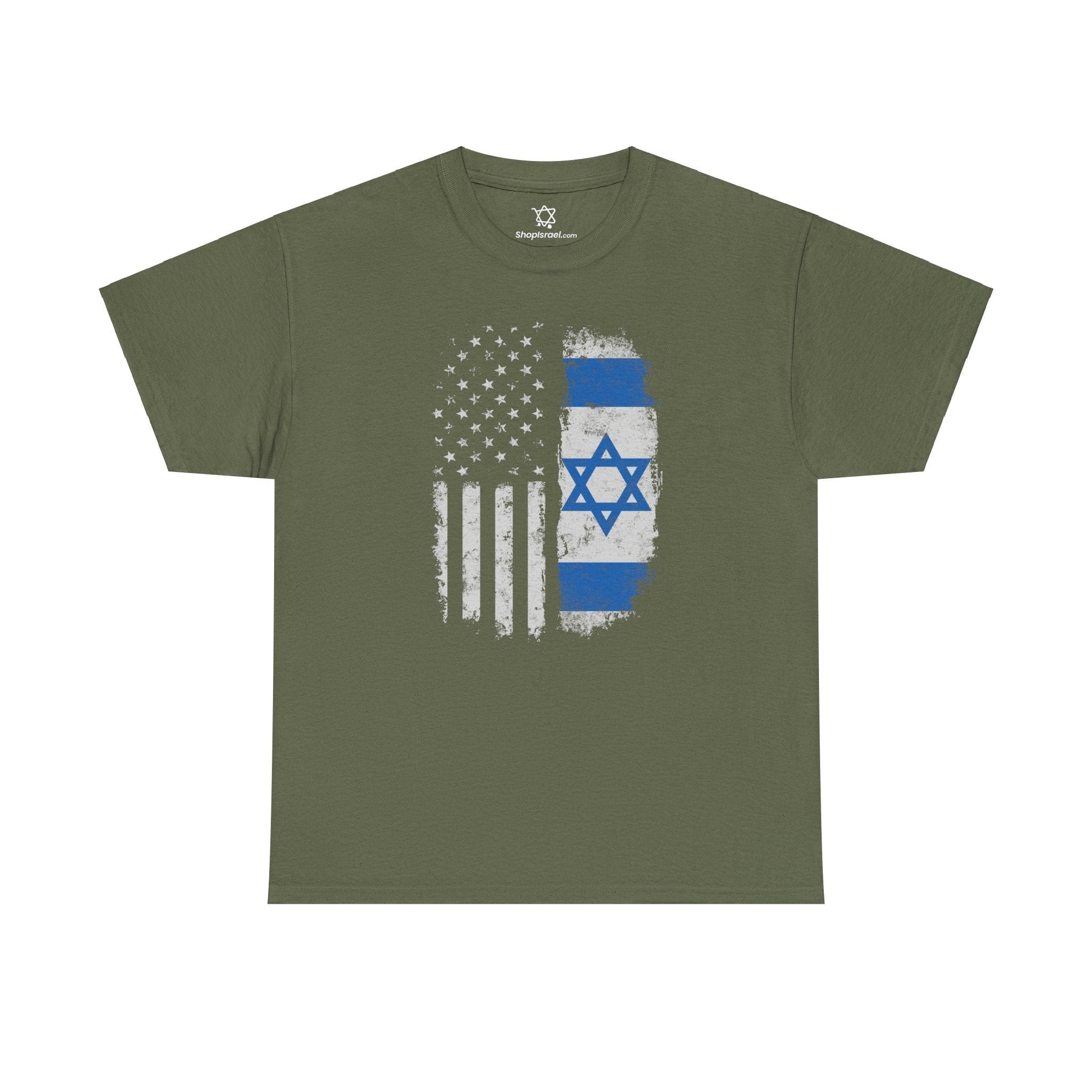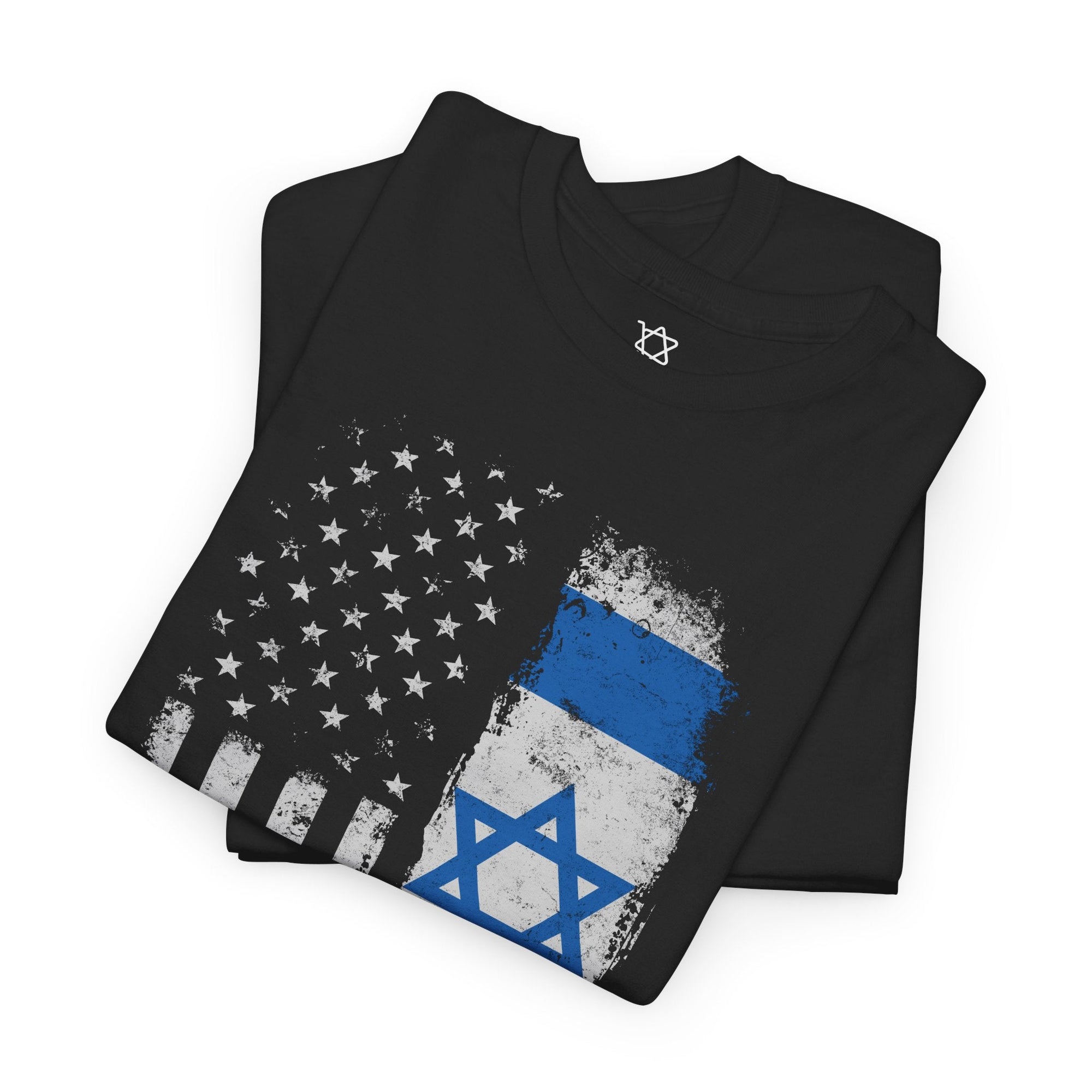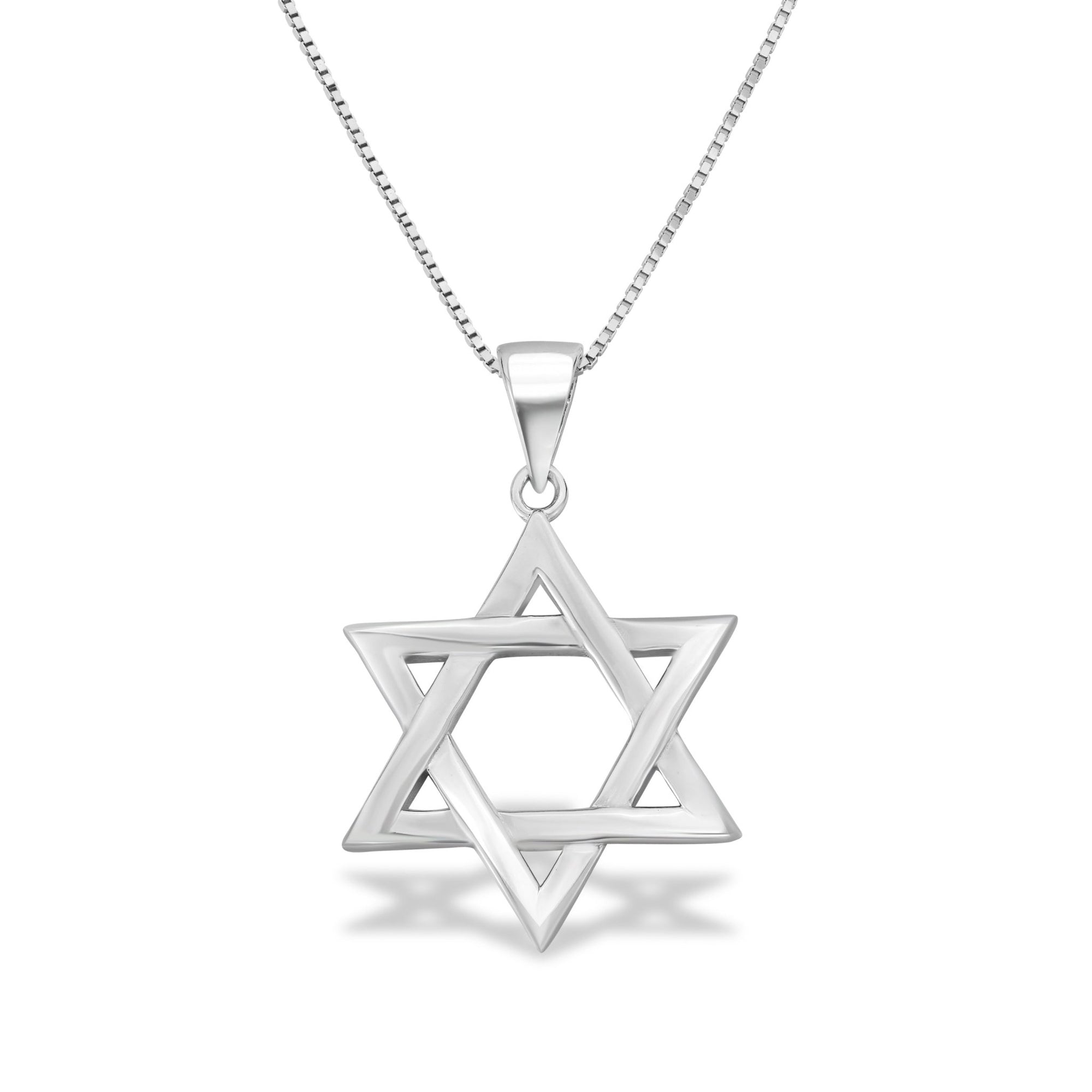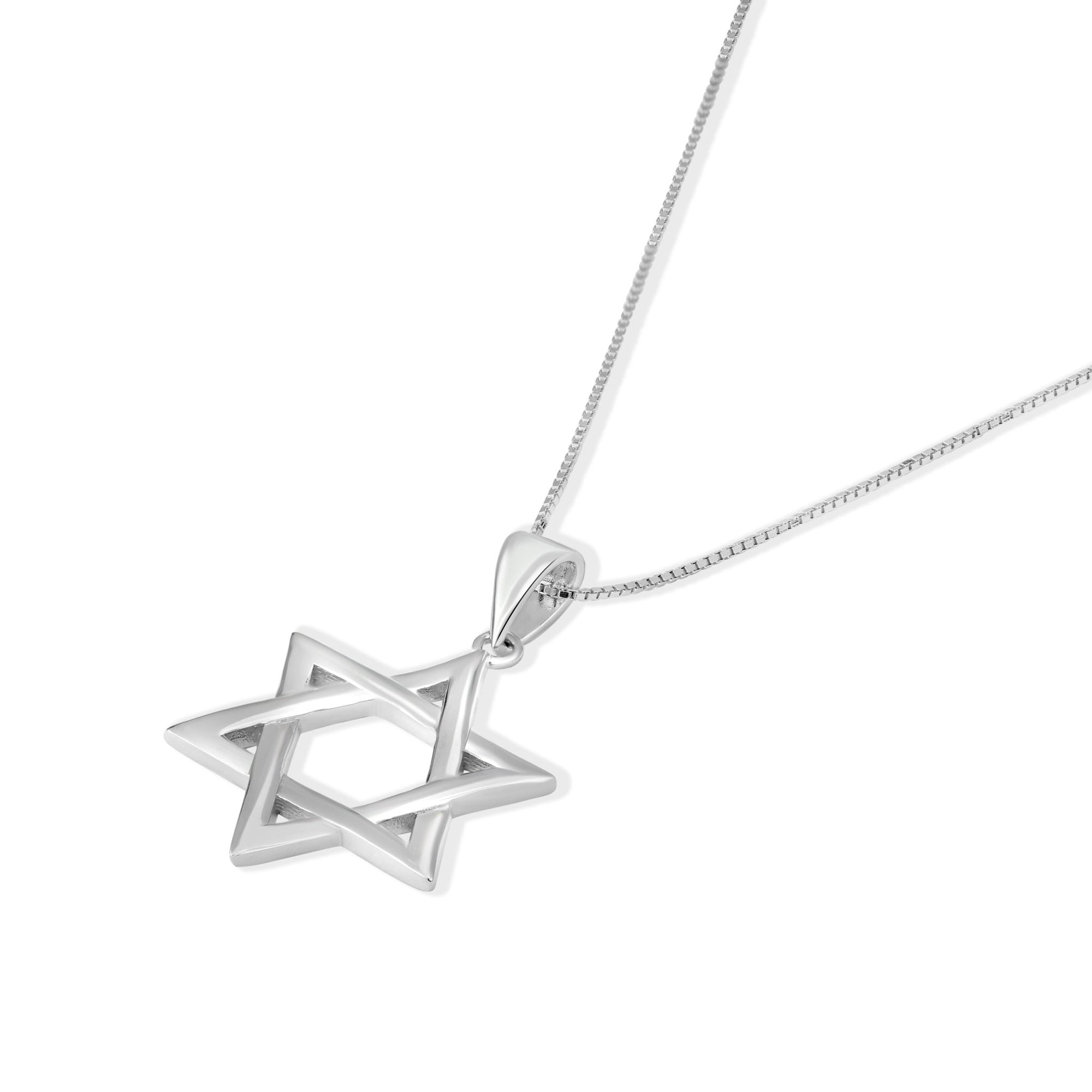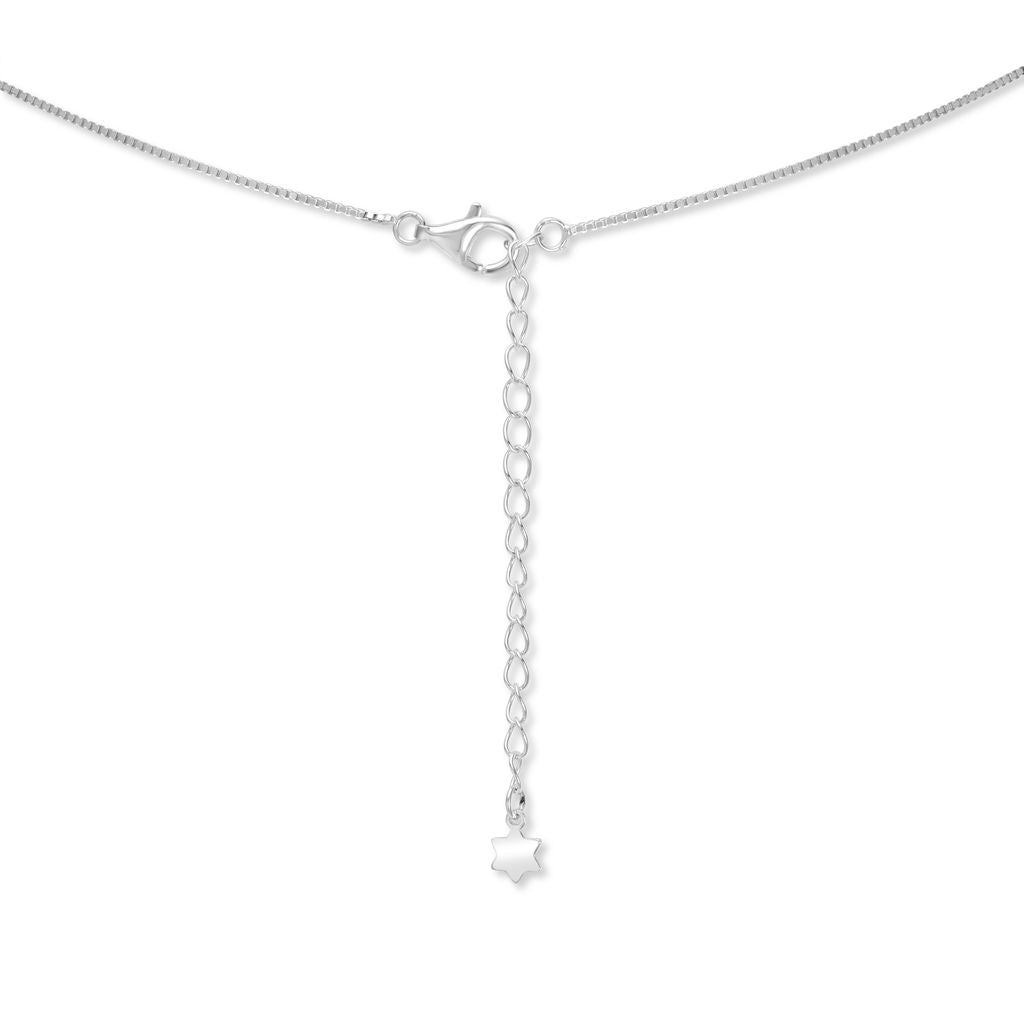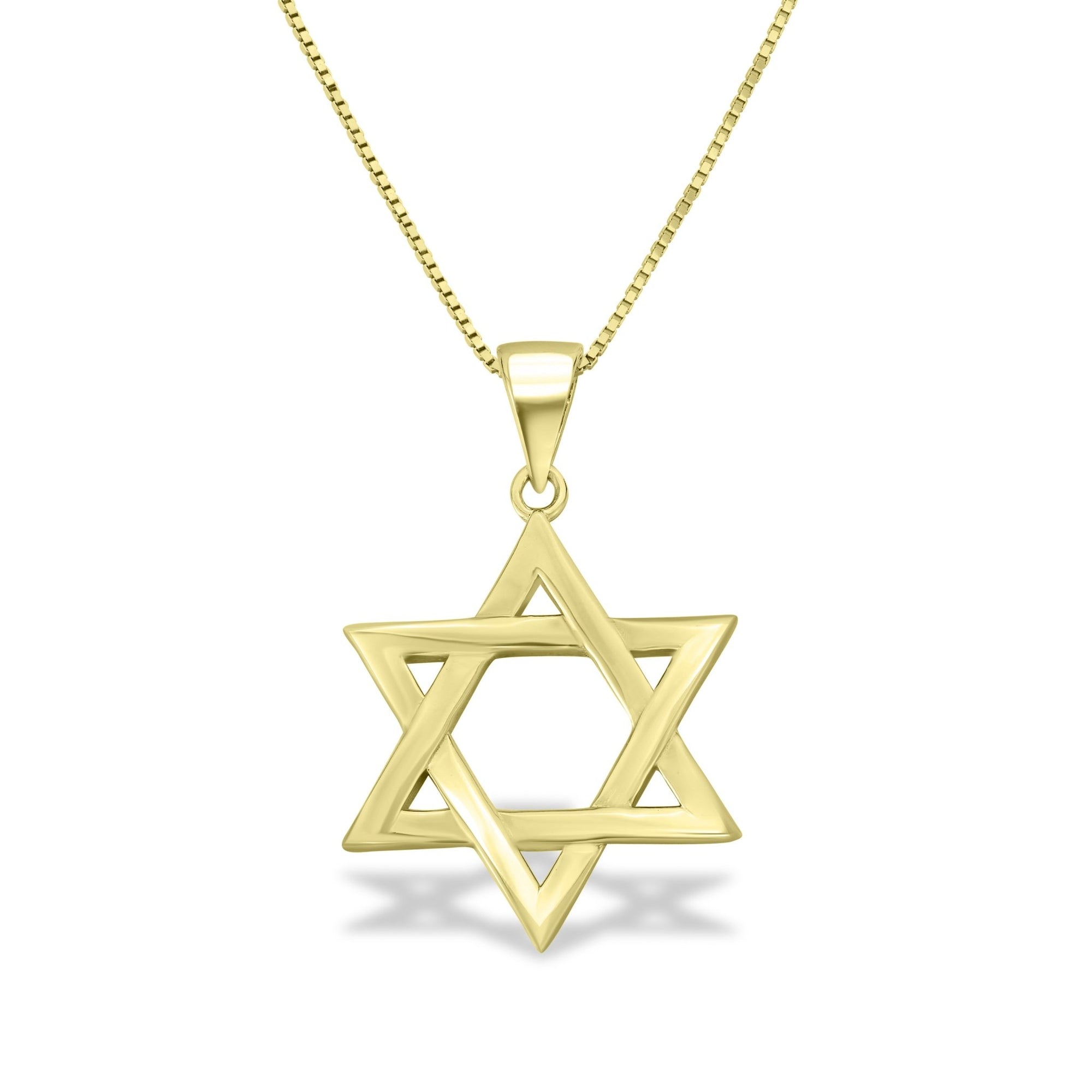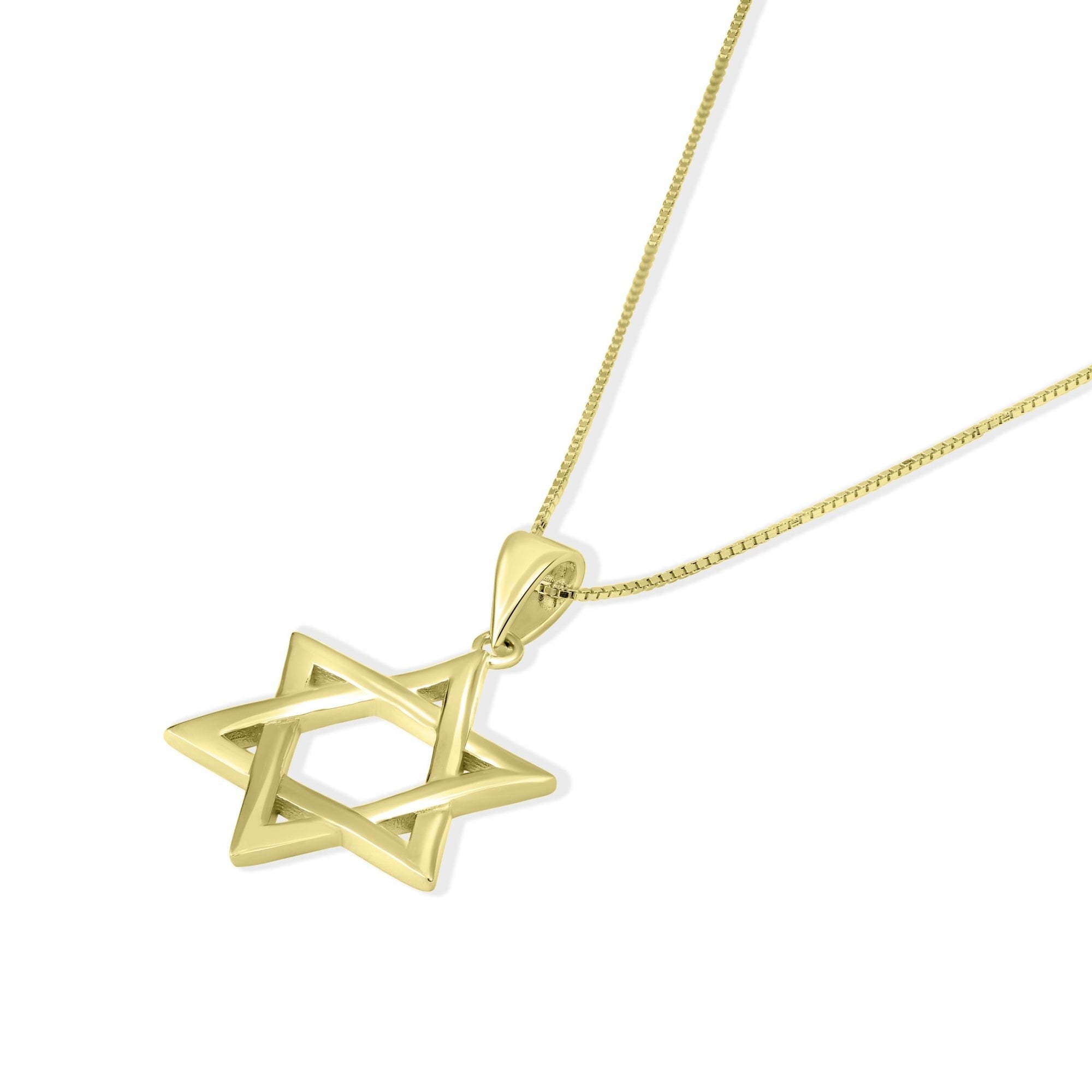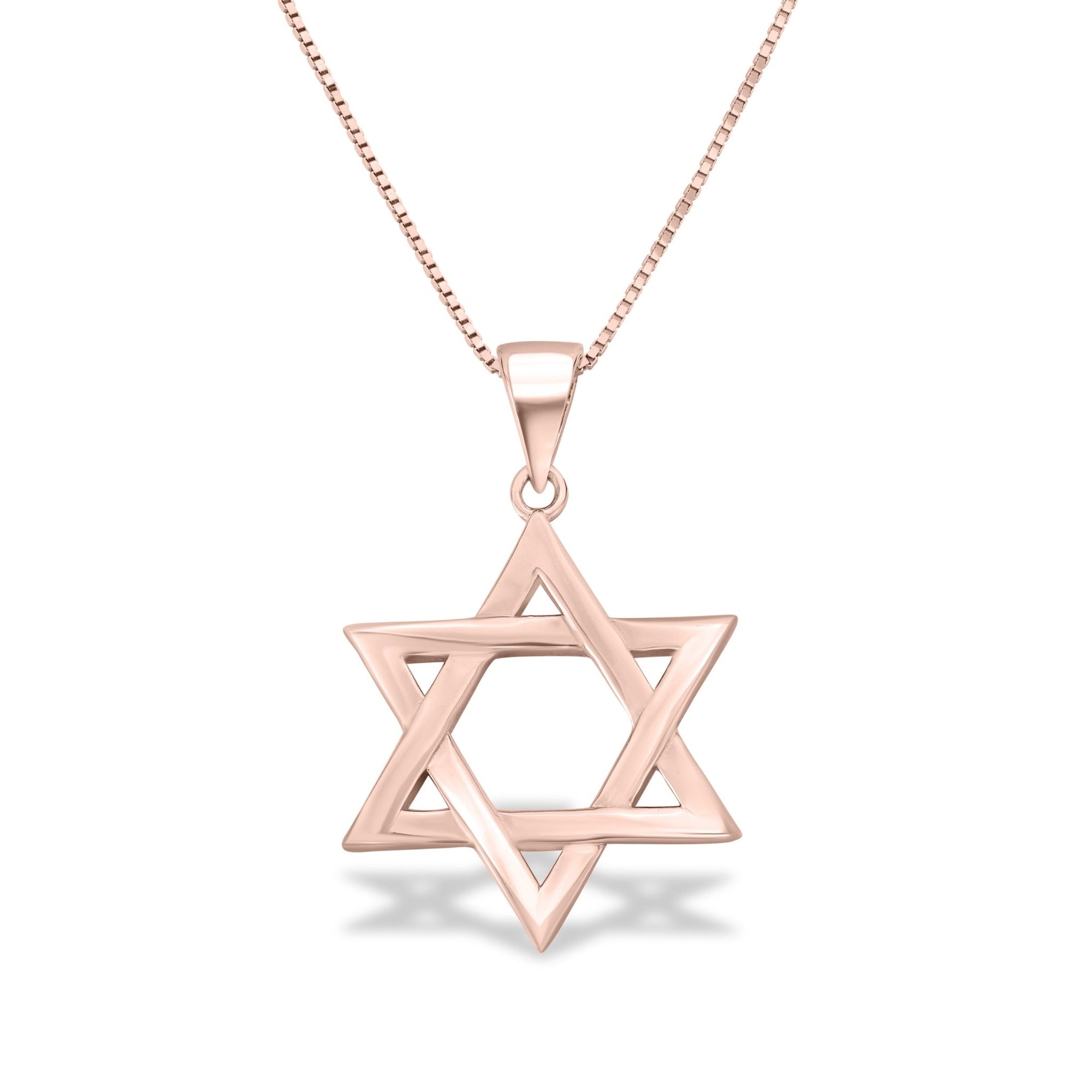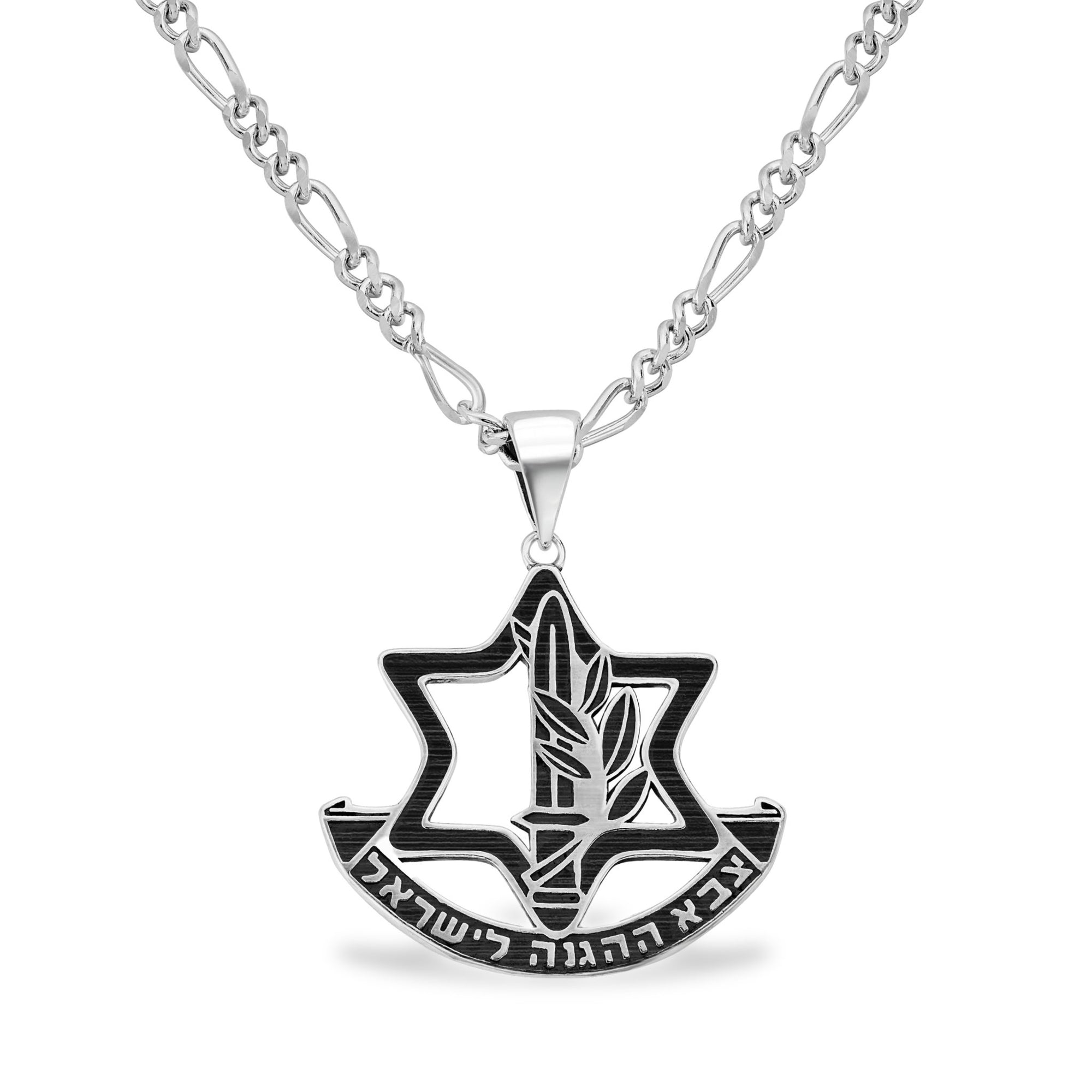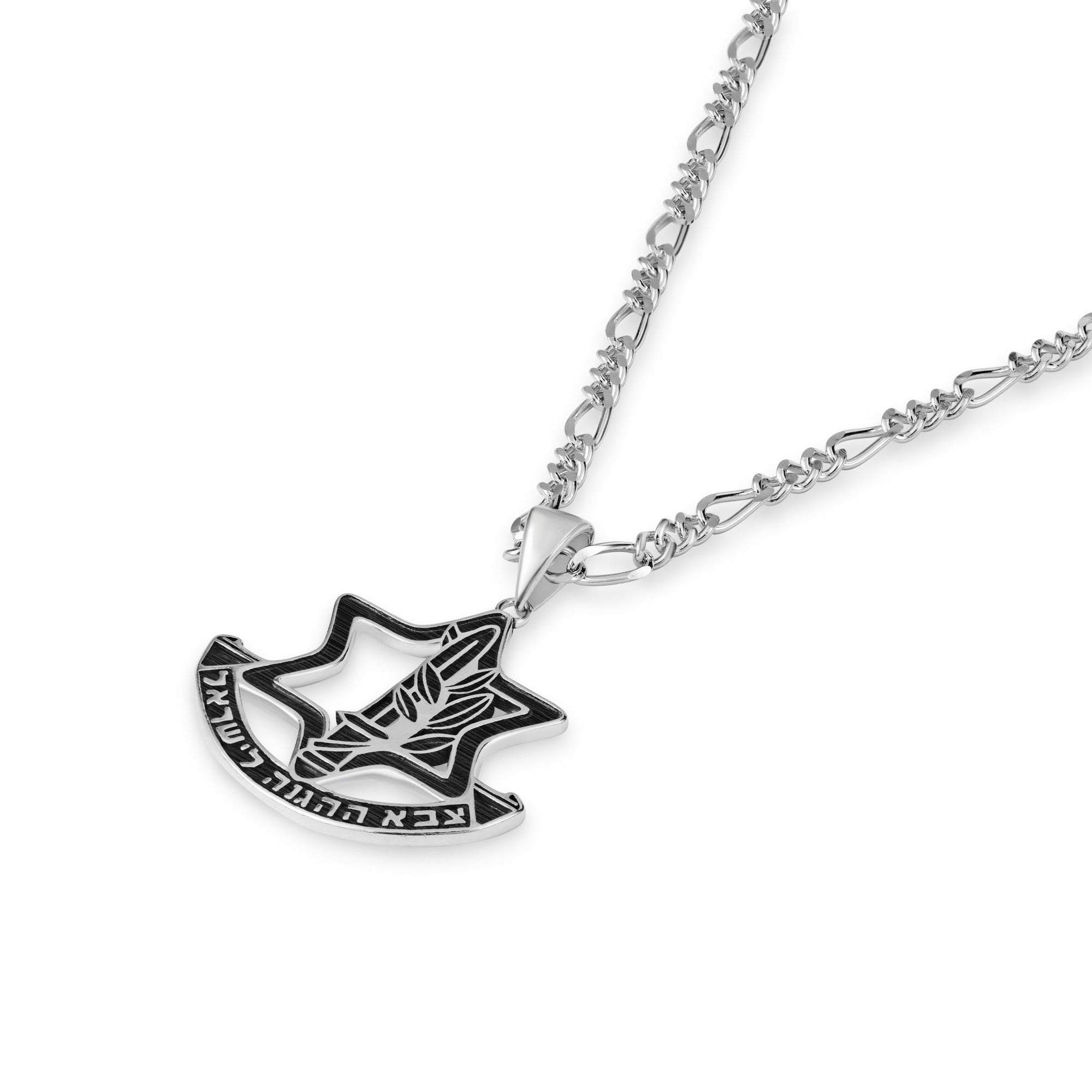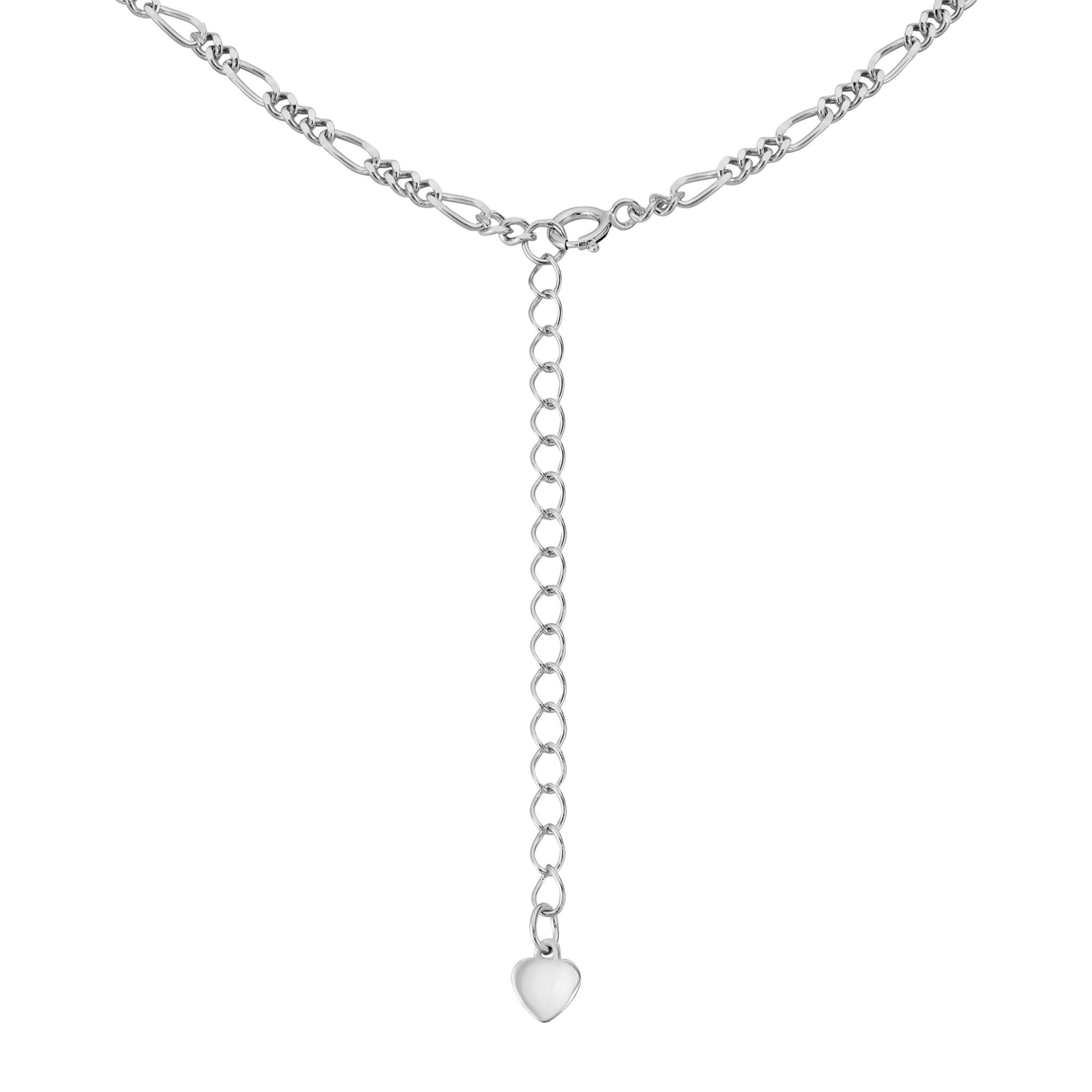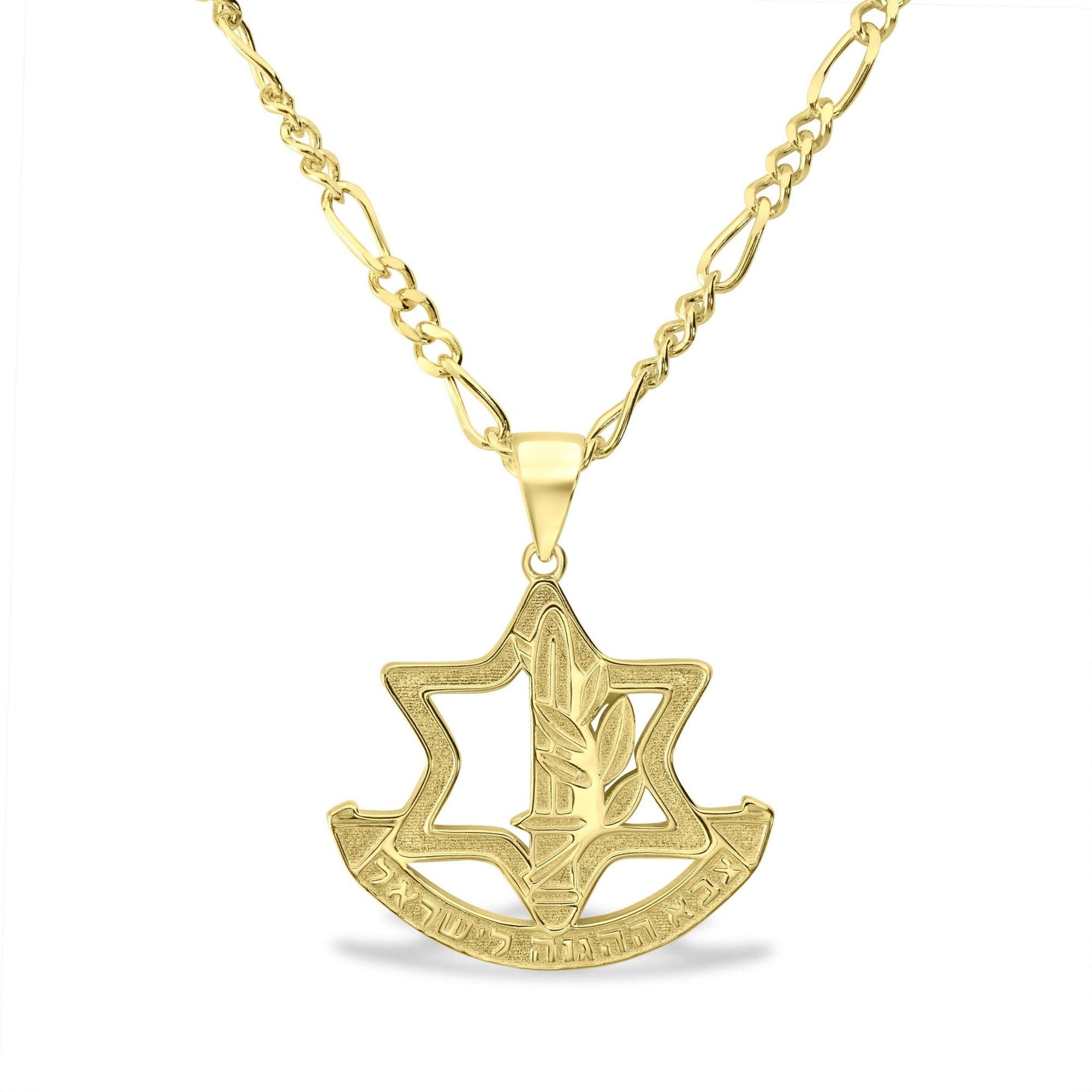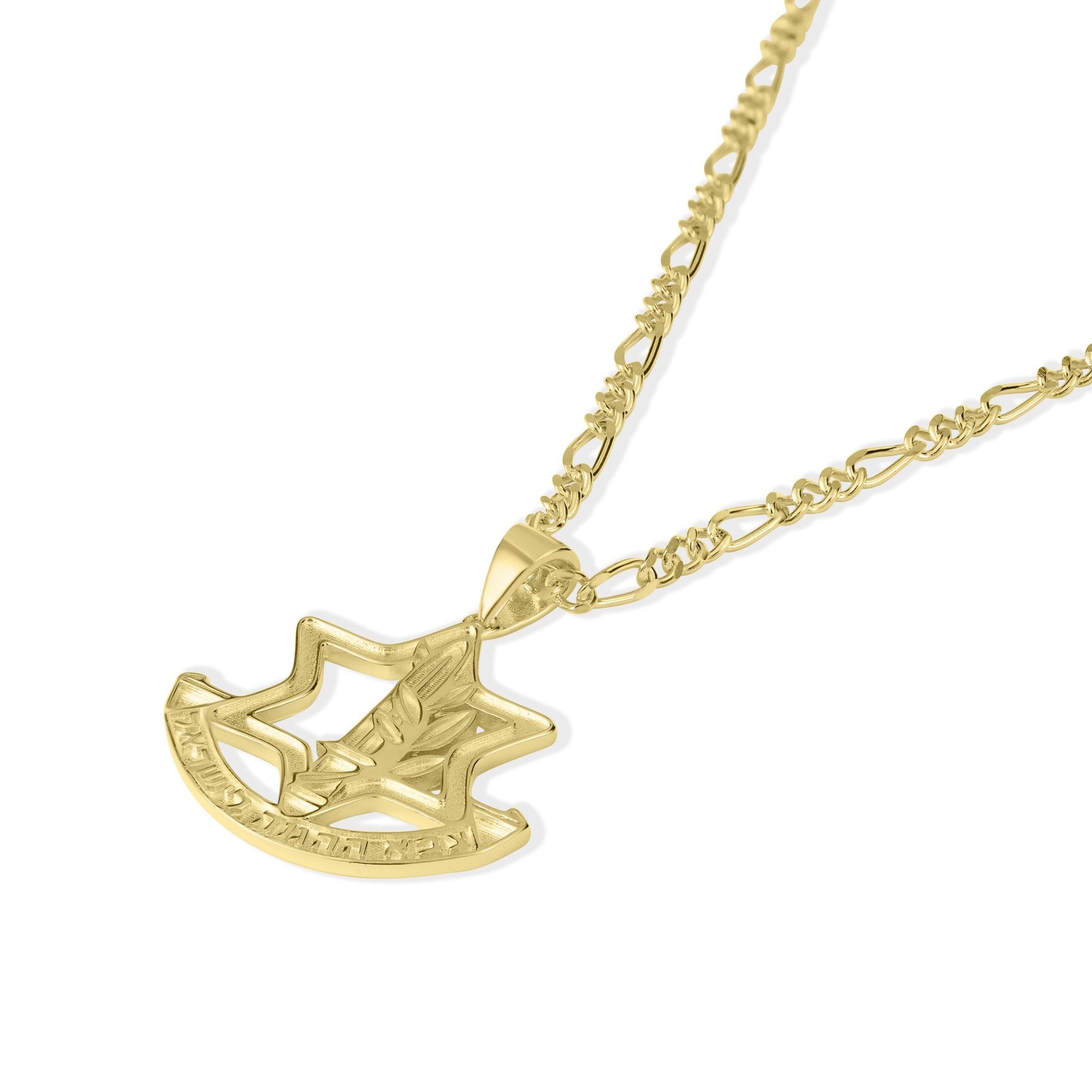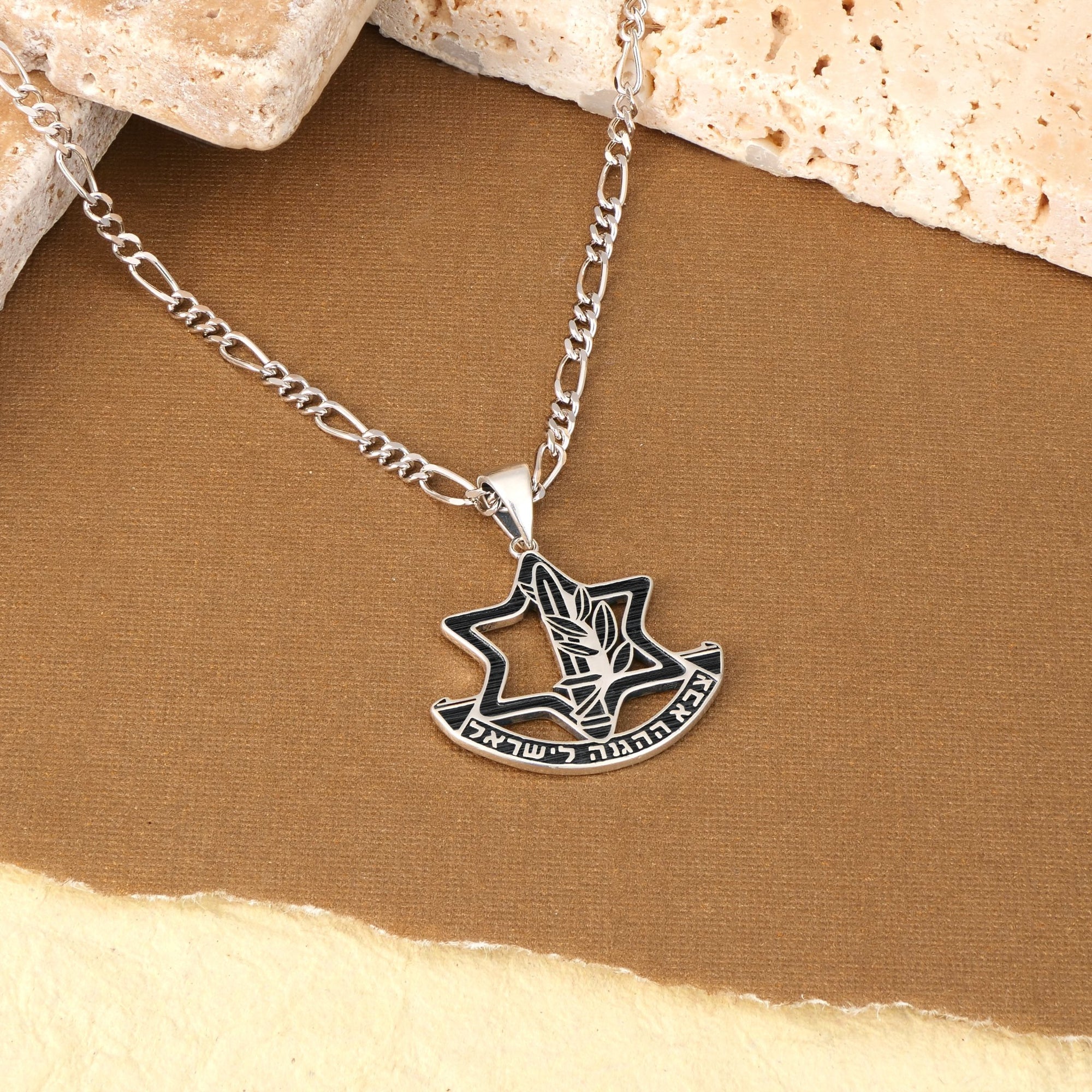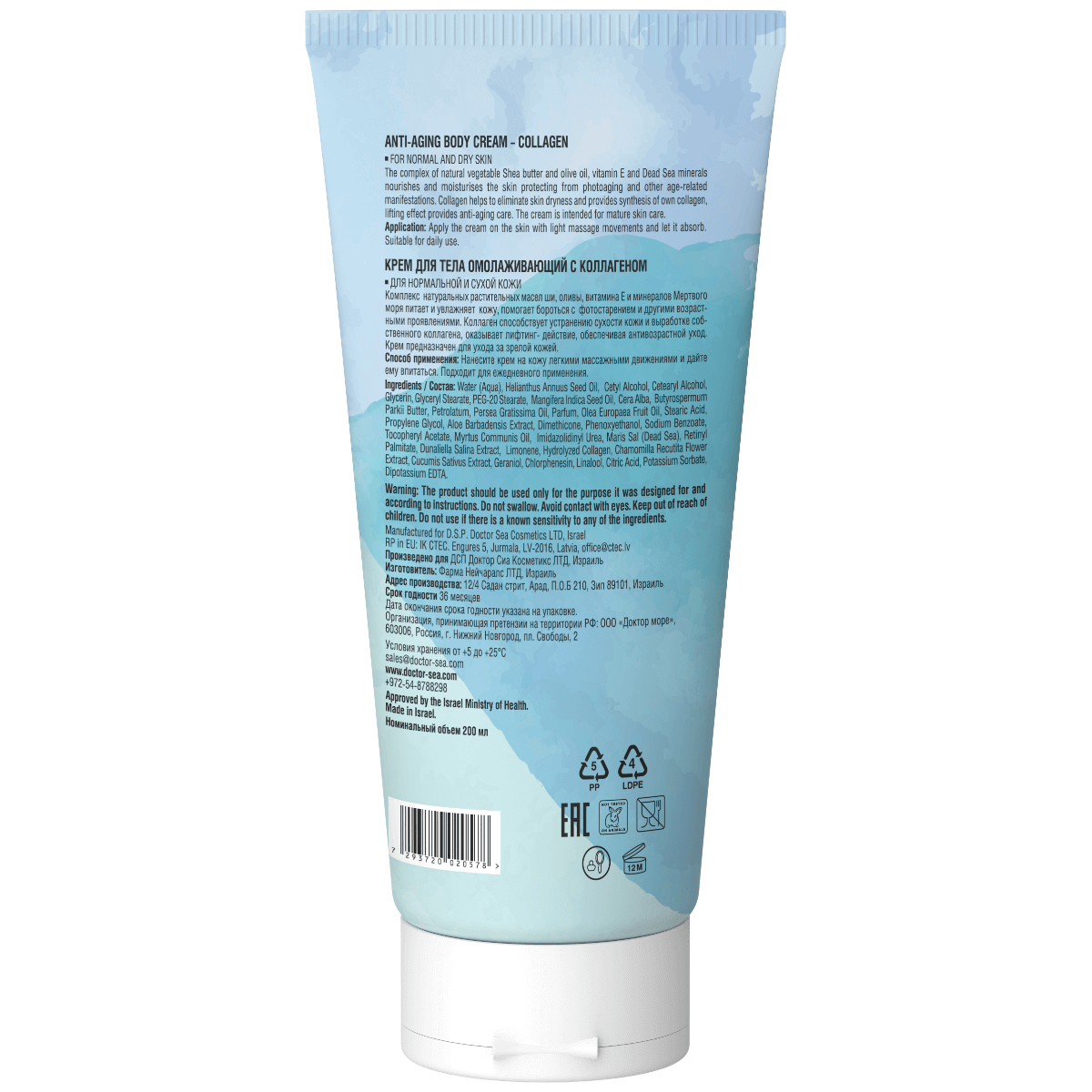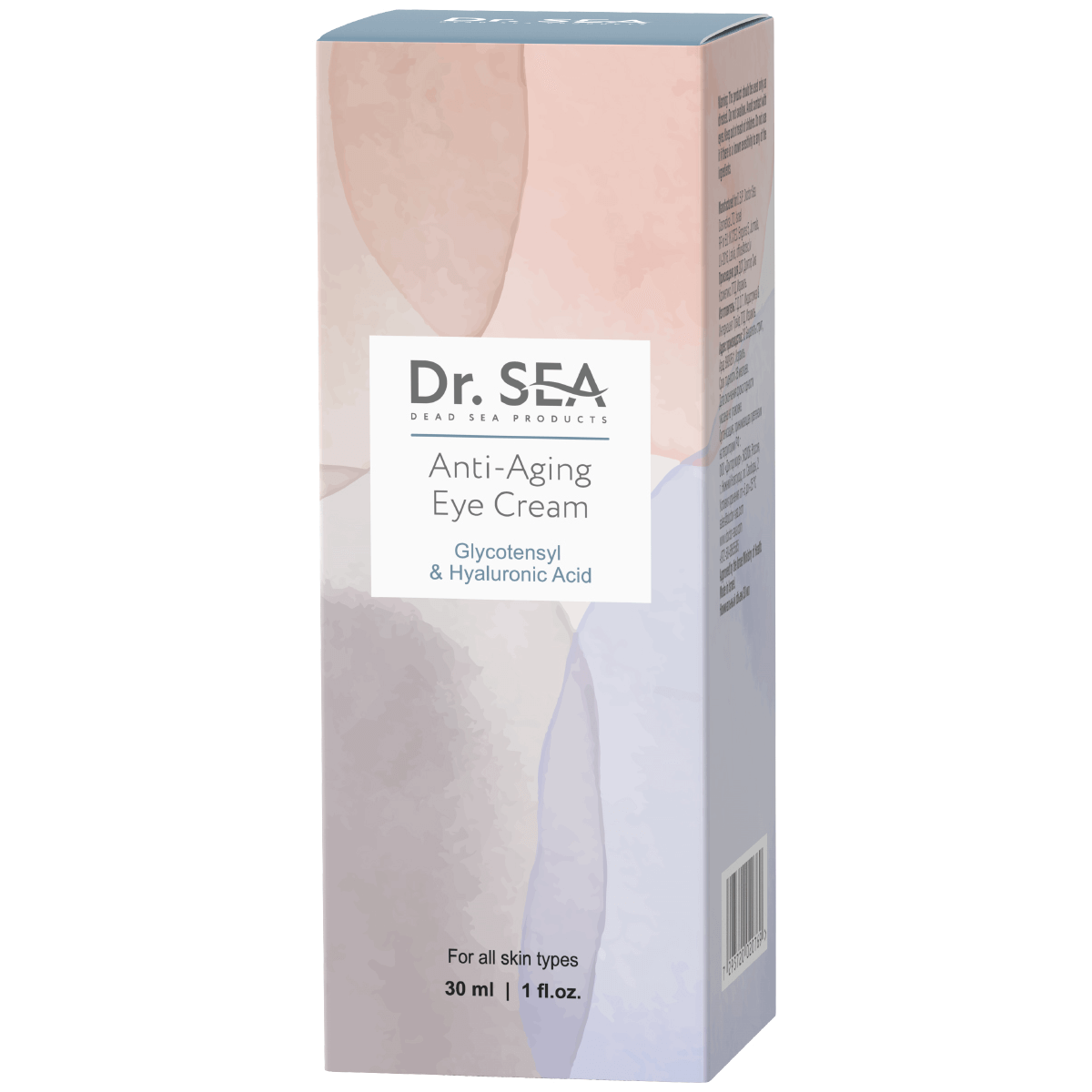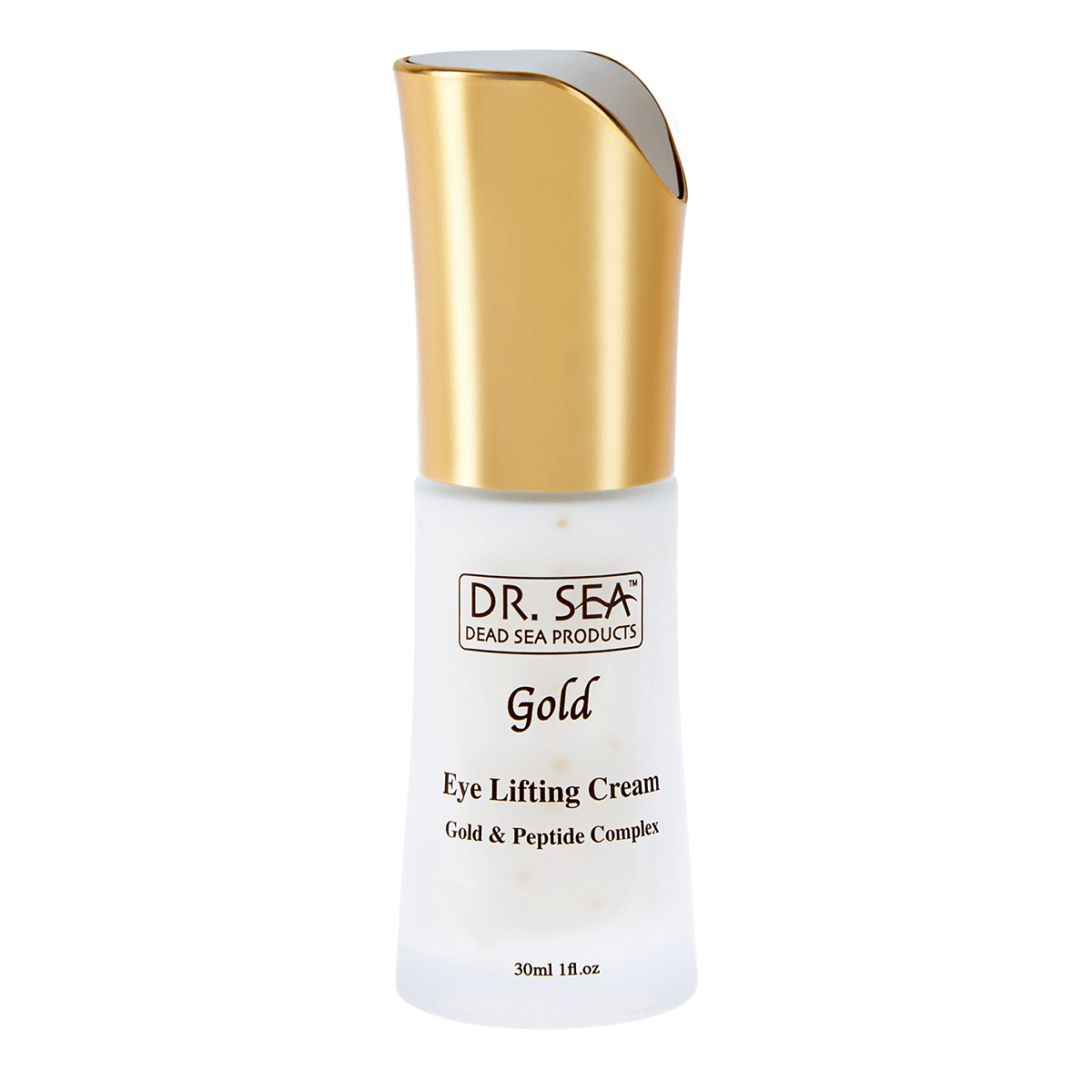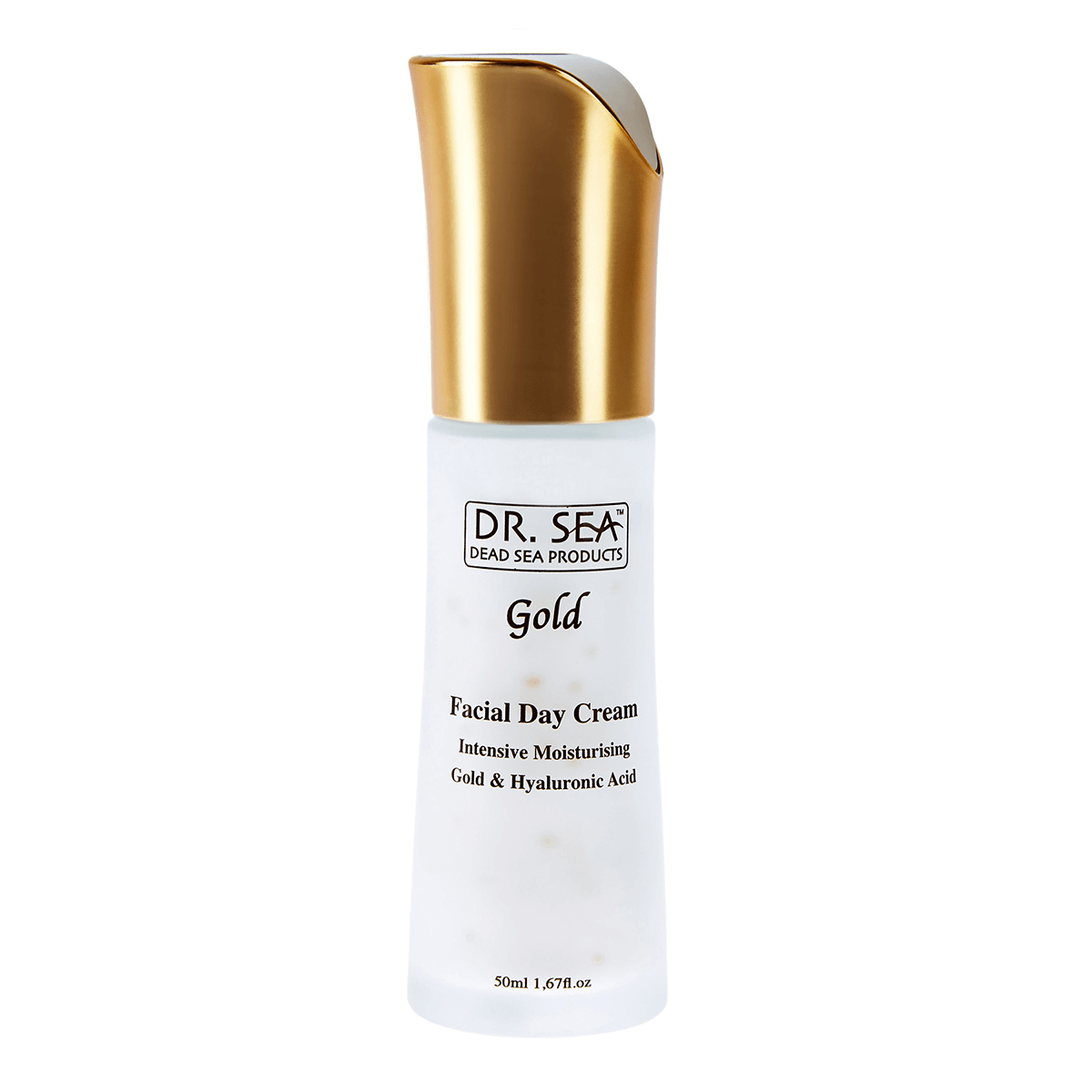A Vibrant Fusion of Heritage and Modernity
Israeli fashion has emerged as a compelling blend of tradition, functionality, and modern creativity, captivating global audiences with its distinct style and innovative design ethos. From Tel Aviv's bustling fashion scene to international runways, the influence of Israeli designers and cultural elements continues to shape contemporary fashion trends. This article delves into the rich cultural, historical, and environmental factors shaping Israeli fashion today and explores its growing role as a source of inspiration worldwide.
Leading Israeli Designers and Brands Shaping Modern Fashion
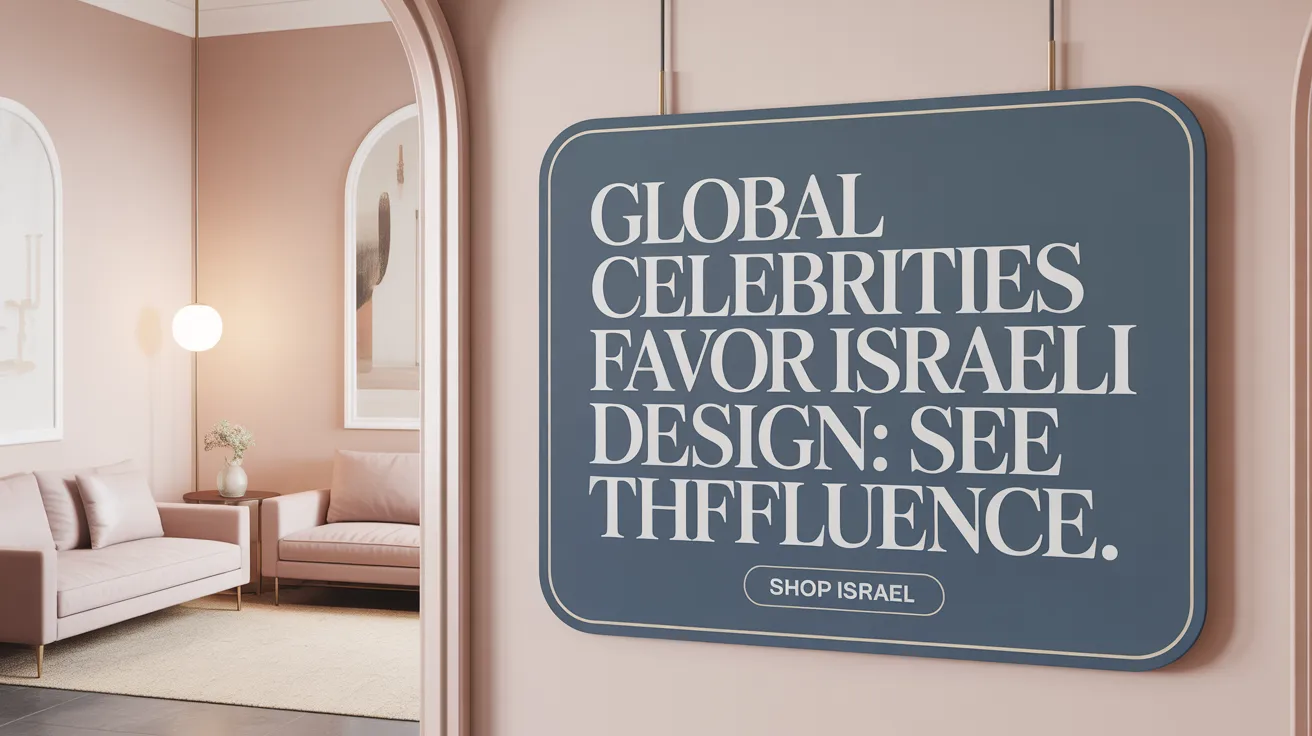
Who are the leading Israeli fashion designers and brands influencing modern fashion?
Israel's vibrant fashion scene is shaped by a variety of talented designers and brands known both locally and internationally. One of the most prominent is Alon Livne, who has gained global fame for his luxurious evening wear and bridal collections. His designs have been showcased at major events like New York Fashion Week and are favored by celebrities such as Beyoncé.
Other influential designers include Yaron Michaeli of Mews, recognized for his innovative streetwear and modern aesthetic; Yair Moshavi of ATA, who combines contemporary style with cultural elements; and Liora Kroitoru of Comme il Faut, known for her elegant and sophisticated approach.
Dorin Frankfurt and Hed Mayner are notable for their avant-garde, experimental designs that emphasize social consciousness and push boundaries of traditional fashion. Their work often focuses on the human form and incorporates deep cultural reflections.
Israeli brands also significantly contribute to the country's fashion landscape. Brands like Alef Alef and TRES are celebrated for their use of natural, lightweight fabrics, emphasizing comfort and functionality while maintaining a modern aesthetic. These brands exemplify Israel’s dedication to creating stylish yet wearable clothing suitable for the warm climate.
Collectively, these designers and brands highlight Israel’s diversity in style and approach, blending craftsmanship, cultural influences, and innovative design to influence global fashion trends. Their presence at international fashion events and their collaborations with global celebrities have cemented Israel’s reputation as a hub of emerging fashion talent.
Cultural and Historical Roots Inspiring Contemporary Israeli Fashion

How do cultural, historical, and traditional aspects of Israeli fashion inspire current trends?
Israeli fashion is a rich tapestry woven from its diverse cultural, historical, and traditional roots. These influences manifest in a blend of religious symbols, regional motifs, and craft techniques from various communities within Israel. Traditional items like fringed tzitzit and modest silhouettes continue to inspire modern designer works, symbolizing religious identity and cultural pride.
Designers in Israel often incorporate traditional crafts, such as embroidery and weaving, into contemporary clothing, bridging the gap between the past and the present. Brands like Maskit revive techniques from biblical eras and Bedouin textiles, creating collections that celebrate regional uniqueness.
Israel’s multicultural makeup plays a vital role in shaping its fashion landscape. Migrants from Middle Eastern, North African, and European backgrounds contribute a variety of aesthetic choices, resulting in a fusion of East, West, and local influences. This diversity is showcased during Tel Aviv’s Fashion Week, where historical themes are reinterpreted with a modern twist.
The ongoing dialogue between tradition and innovation has led to a vibrant fashion scene that honors its origins while exploring new expressions. Exhibitions like 'Fashion Statements – Decoding Israeli Dress' highlight how Israel’s past continuously influences its contemporary style.
How does Jewish culture influence modern fashion and design trends?
Jewish culture's impact on modern fashion is subtle yet profound. It emphasizes modesty, symbolic motifs, and spiritual significance, which are reflected in many contemporary designs. Traditional elements such as tzitzit, biblical symbols, and sacred geometries are often subtly integrated into clothing, jewelry, and accessories.
Jewish designers have historically contributed to global fashion, emphasizing craftsmanship and cultural storytelling. In Israel, there’s a vibrant art scene that celebrates Zionist ideals and mystical themes, often translating into vibrant prints, embroidery, and accessory designs.
Mainstream fashion brands sometimes incorporate Jewish-inspired motifs—like fringed details or skullcaps—creating secular expressions of religious symbols. Such approaches act as cultural references rather than overt displays, making Jewish heritage a quiet but persistent influence.
This fusion of tradition with modern aesthetics results in clothing that respects cultural roots while appealing to a globalized, style-conscious audience. The enduring presence of Jewish symbolism in Israeli fashion underscores its importance in shaping both personal identity and broader design trends.
The Dynamic Intersection of Climate, Culture, and Contemporary Style
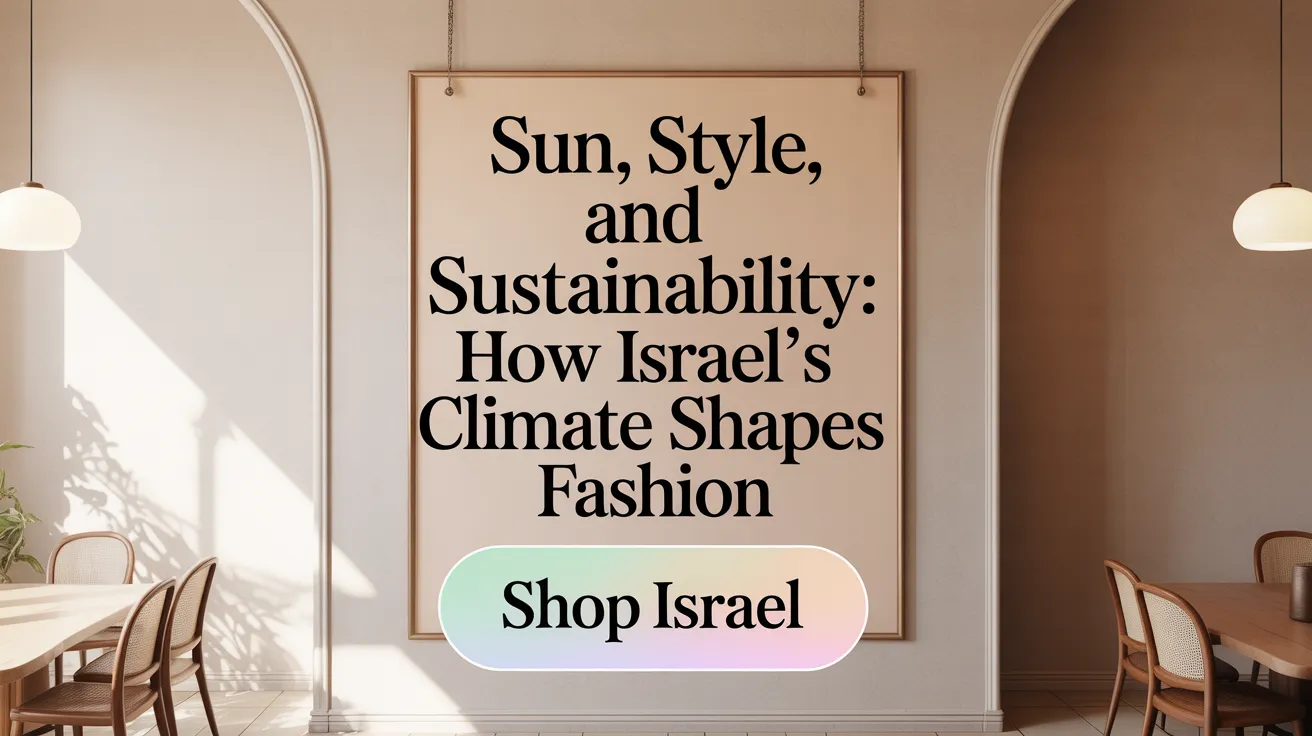
How does the Israeli climate influence fashion choices?
Tel Aviv's warm Mediterranean climate plays a significant role in shaping local fashion trends. The hot weather encourages the use of breathable, lightweight fabrics such as linen and cotton, which are ideal for staying cool and comfortable.
Fashion in Israel often emphasizes practicality, with many opting for loose-fitting, easy-to-wear clothing that suits outdoor life and city strolls. Israeli brands like TRES and Muslin Brothers create collections using these natural fabrics, importing materials from Japan and Italy to meet demand.
What is the design ethos behind Israeli fashion?
Israeli fashion reflects a spontaneous and improvisational spirit, inspired by the vibrancy of daily urban life. Designs often incorporate playful, unisex elements that challenge traditional gender norms, making fashion accessible and inclusive.
Unisex styles and practical, comfortable clothing are central, aligning with the country’s emphasis on functionality. This ethos encourages a relaxed, effortless look that is both stylish and suitable for Israel’s climate.
How does street style and local influence shape Israeli fashion?
Tel Aviv is considered the fashion capital of Israel, renowned for its effortless street style. People’s clothing often blends casual with trendy, and international influences are common.
Israeli youth frequently adopt global trends such as distressed denim, oxford shoes, and beanie hats, which are popular among American teens and European fashion circles alike.
Furthermore, Israelis often purchase clothing during trips to Europe to stay up-to-date with current trends, which are then adapted into local styles. The adoption of iconic footwear like Blundstone boots also demonstrates how global influences blend with local preferences.
How do Israeli cultural and historical elements influence fashion?
Israel’s rich history and diverse cultural tapestry deeply influence its fashion scene. Traditional techniques like embroidery are revived by brands such as Maskit, incorporating desert-inspired and Bedouin motifs for modern audiences.
Fashion also acts as a cultural expression, showcasing an Israeli flair that combines traditional craftsmanship with contemporary aesthetics. This blend creates a unique style that honors heritage while embracing innovation.
How is Israeli fashion gaining international recognition?
Tel Aviv’s Fashion Week highlights both established and emerging Israeli designers, drawing attention from the global fashion industry. The event showcases innovative collections that often merge tradition with modern trends.
This recognition helps position Israel as a hub of creative talent, influencing international fashion with its confident mix of cultural elements, functional design, and relaxed street style.
| Aspect | Description | Notable Examples |
|---|---|---|
| Climate-Inspired Fashion | Breathable, lightweight fabrics for hot weather | Linen, Cotton |
| Design Philosophy | Spontaneous, humor-infused, unisex | Casual, practical, inclusive |
| Cultural Influence | Traditional crafts and motifs | Maskit embroidery, Bedouin styles |
| International Trends | Incorporation of global styles | Distressed denim, oxford shoes |
| Local Fashion Scene | Street style in Tel Aviv | Trendsetting youth, European shopping |
Israel’s fashion scene vividly reflects its climate, history, and multicultural influences, creating a style that is both laid-back and distinctly vibrant.
Current Trends in Israeli Women's Fashion and Industry Growth
What are the current trends in women's fashion in Israel, including the blend of cultural and modern styles?
Israeli women's fashion today reflects a vibrant mix of tradition and contemporary innovation. Many women incorporate cultural symbols, such as Bedouin embroidery and modest styles inspired by the Mizrachi heritage, into their everyday attire. This creates a fascinating fusion—combining the modesty of tzniut with bold colors, patterns, and modern accessories.
Comfort is a universal priority in Israel's fashion scene. Women favor lightweight fabrics like linen and cotton, suitable for the country’s hot climate. This preference is evident in the popularity of relaxed, casual outfits that allow free movement and breathability.
Diverse cultural backgrounds influence fashion choices across Israel. Orthodox Jewish women often wear modest clothing that aligns with religious traditions, while Arab women don traditional garments such as abayas and hijabs. Meanwhile, secular and younger women increasingly experiment with Western styles, blending trends like distressed jeans, oxford shoes, and beanie hats.
Sustainability is also gaining traction among Israeli women. Many support eco-friendly brands, indulge in vintage shopping, and choose garments from local designers committed to sustainable practices. The fashion scene is thus characterized by a rich tapestry of tradition, comfort, individual expression, and modern eco-consciousness.
What are the recent developments in the Israeli fashion industry, including key brands, designers, and fashion events?
Israel’s fashion industry is experiencing steady growth, with the total market projected to reach approximately US$5.41 billion by 2025. Women’s clothing fuels this expansion, reflecting the country's increasing demand for stylish yet practical apparel.
International brands such as Nike, ZARA, H&M, and Uniqlo maintain strong presence in Israel’s retail landscape, alongside a burgeoning online shopping scene. ECommerce platforms, particularly AliExpress, have become significant players, with sales surpassing US$1.6 billion in 2024—indicating a shift towards digital retail.
Locally, Israeli designers and brands are gaining international recognition. Tel Aviv’s Fashion Week highlights both established and emerging talents, showcasing innovative collections that blend local culture with global trends. These events attract attention from the global fashion community, positioning Israel as a creative hub.
The industry also emphasizes sustainable fashion. Trends in eco-friendly materials, ethical production, and vintage shopping are becoming increasingly popular among consumers. While luxury brands have a smaller presence, the overall trend points toward a dynamic, evolving fashion scene that values quality, authenticity, and cultural expression.
| Aspect | Details | Additional Notes |
|---|---|---|
| Market Value | US$5.41 billion (projected 2025) | Focus on women’s fashion |
| International Brands | Nike, ZARA, H&M, Uniqlo | Dominant retail presence |
| ECommerce | AliExpress, local platforms | US$1.6 billion sales in 2024 |
| Fashion Events | Tel Aviv Fashion Week | Showcases local talent |
| Industry Trends | Sustainability, vintage shopping | Growing consumer interest |
Israel’s fashion scene continues to evolve, balancing tradition and modernity, and expanding its global footprint.
Israeli Fashion's Role and Recognition on the Global Stage
How does Israeli fashion serve as a source of inspiration within the international fashion scene?
Israeli fashion has gained increasing attention worldwide for its creativity, diversity, and cultural richness. Based in a country known for its warm climate and laid-back lifestyle, Israeli designers often prioritize comfort, functionality, and natural fabrics such as linen and cotton.
The design approach in Israel incorporates spontaneous, improvisational elements drawn from everyday city life, adding a playful, humorous twist that challenges traditional gender norms. This unisex, relaxed style has resonated broadly, influencing fashion trends across borders.
Prominent Israeli brands like TRES and Muslin Brothers focus on lightweight, breathable materials imported from Japan and Italy, emphasizing comfort in hot weather. Meanwhile, traditional influences, such as embroidery and styles inspired by Bedouin culture, are being revived by designers like Maskit, blending old-world craftsmanship with contemporary aesthetics.
Israeli fashion is also shaped by international trends, with many locals purchasing clothing during trips to Europe to stay current. Major cities like Tel Aviv and Jerusalem mirror Western fashion icons, adopting trends like distressed clothing, oxford shoes, and beanie hats. The local scene's vibrancy is further highlighted at Tel Aviv Fashion Week, which showcases both established names and emerging talents, drawing global media and celebrity attention.
Overall, Israel's eclectic mix of influences and its innovative spirit act as a magnet for international inspiration, positioning it as a dynamic player on the world fashion stage.
What role does Israeli fashion play in the global industry?
Israeli fashion serves as a vibrant source of cultural expression and innovation. Its influence extends through the work of designers like Alon Livne and Hed Mayner, who showcase Israeli creativity at major international platforms such as Paris Fashion Week.
Despite challenges related to market size and production costs, Israel's fashion industry continues to grow, attracting recognition and collaborations worldwide. Its fashion scene promotes sustainability, modernity, and cultural storytelling, contributing unique perspectives to global trends.
How do academic perspectives view Israel’s impact on modern fashion?
Academic research on Israel's influence in fashion is still developing, but scholars acknowledge its innovative designs and cultural contributions. Studies often focus on how Israel’s multicultural heritage—combining Jewish, Arab, and Mediterranean influences—shapes its fashion identity.
Research highlights include Israel's innovative use of textile techniques and sustainable practices, as well as the social and cultural narratives embedded in its designs. As Israel’s presence on the international fashion scene expands, academic interest is expected to grow, providing deeper insights into how history, culture, and technology influence its fashion industry.
In summary, Israel is increasingly recognized as a creative hub that offers fresh inspiration to the global industry, blending tradition with modernity in ways that challenge and enrich contemporary fashion.
Israel's Fashion: A Growing Global Force Rooted in Culture and Innovation
Israeli fashion stands at the fascinating crossroads of heritage, environment, and modern creativity. Rooted in rich cultural traditions and shaped by the Mediterranean climate, Israel’s fashion industry continues to evolve, blending historical influences with contemporary innovation. The country's designers and brands are gradually securing their place on the international stage, showcasing a multifaceted aesthetic that challenges norms and celebrates diversity. With increasing attention to sustainability, individuality, and cultural expression, Israeli fashion is poised to inspire and influence global trends for years to come.
References
- Israelis like it comfy when it comes to fashion
- FASHION FROM ABROAD: Israeli Trends - College Fashionista
- The Enduring Trajectory of Jewish Fashion
- Jewish Art, Fashion, and Food: Exploring Israeli Influences
- How Jews Redesigned the Fashion Business
- Exploring Israeli Fashion: A Journey Through Culture and ...
- Jewish Art, Fashion, and Food: Exploring Israeli Influences
- FASHION FROM ABROAD: Israeli Trends - College Fashionista
- Exploring Israeli Fashion: A Journey Through Culture and ...
- FASHION FROM ABROAD: Israeli Trends - College Fashionista





